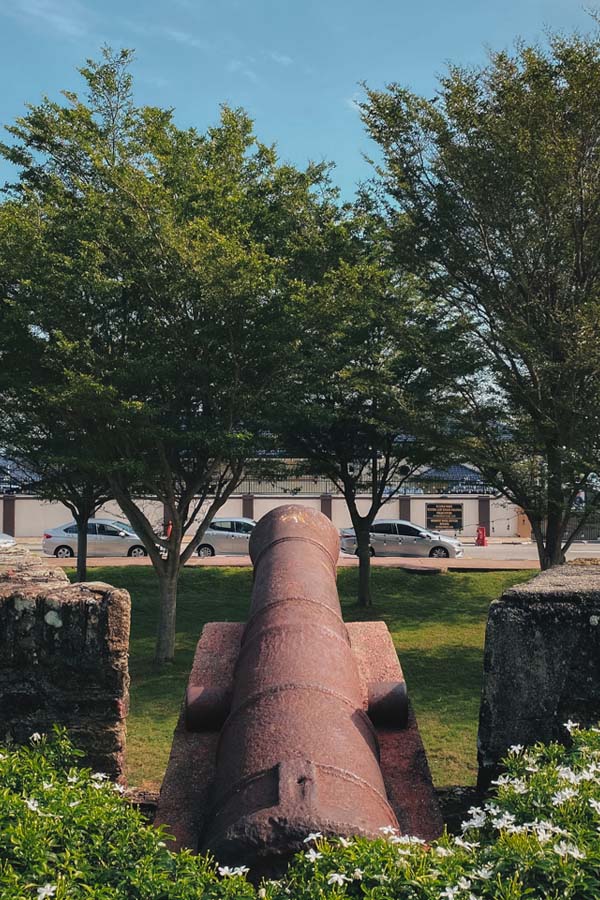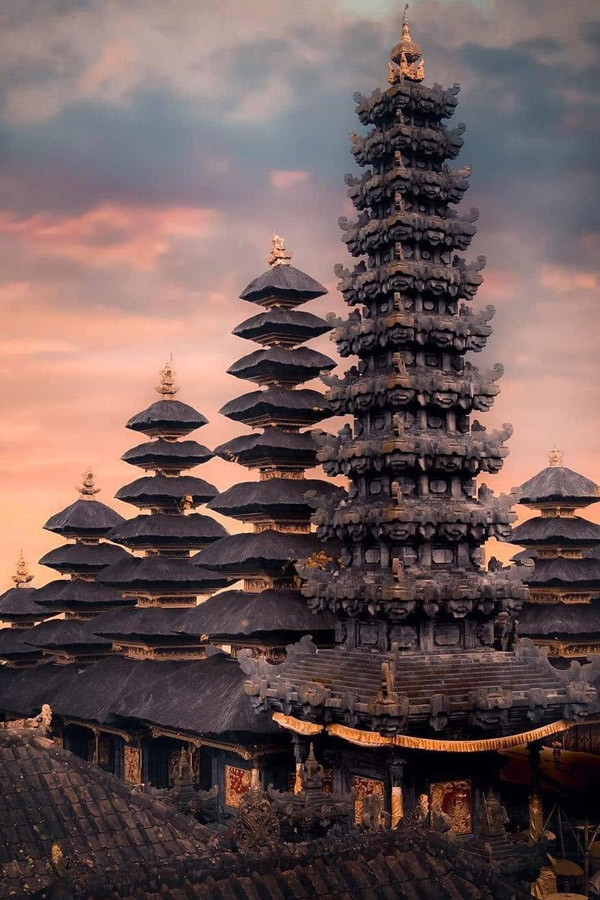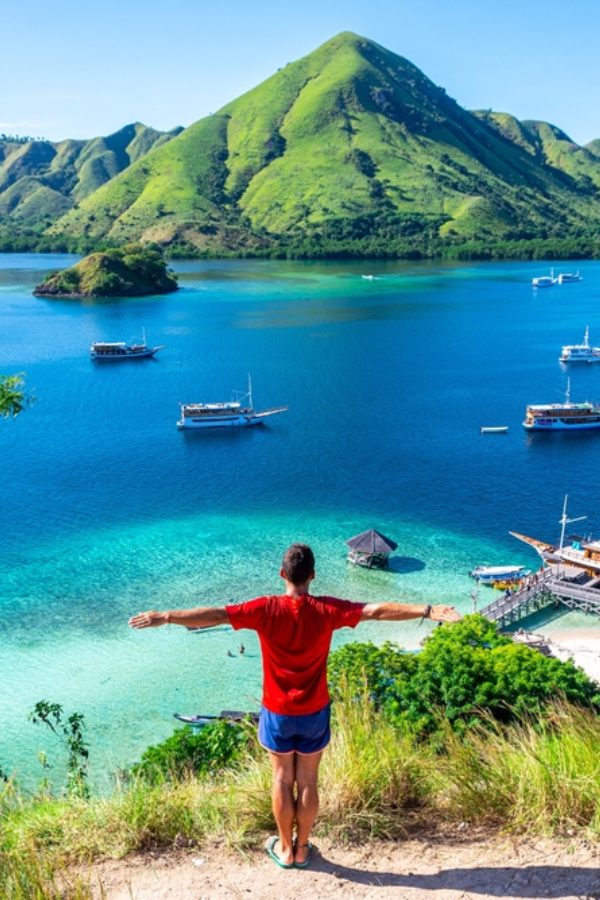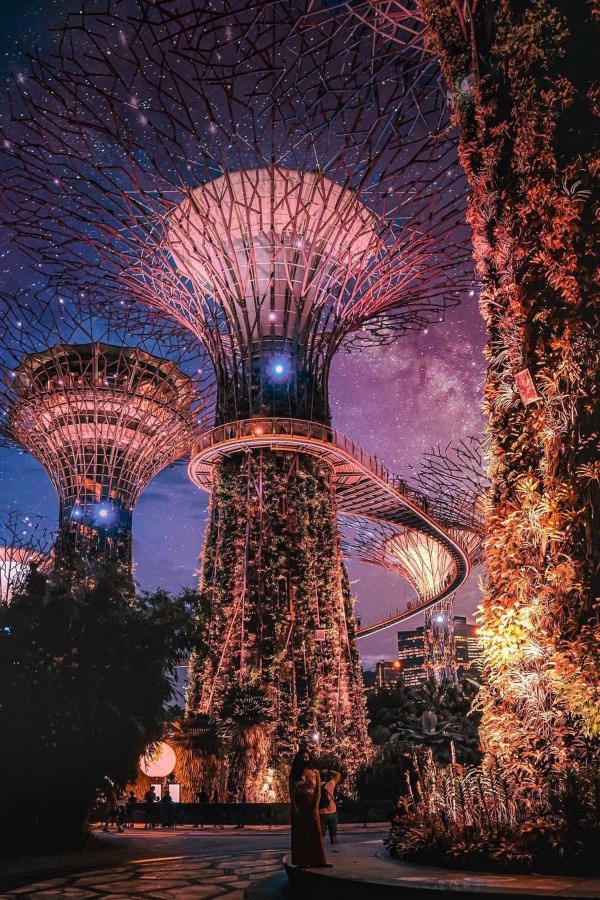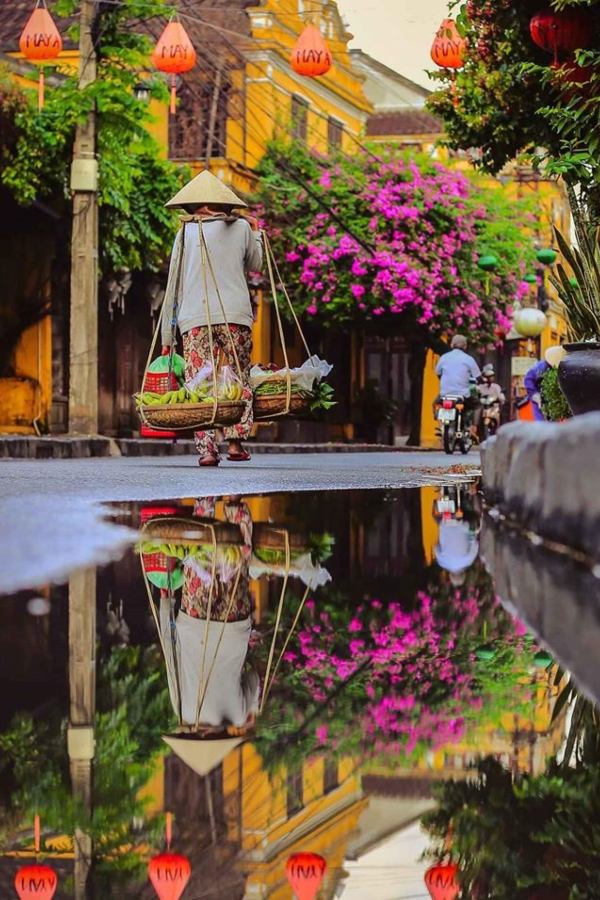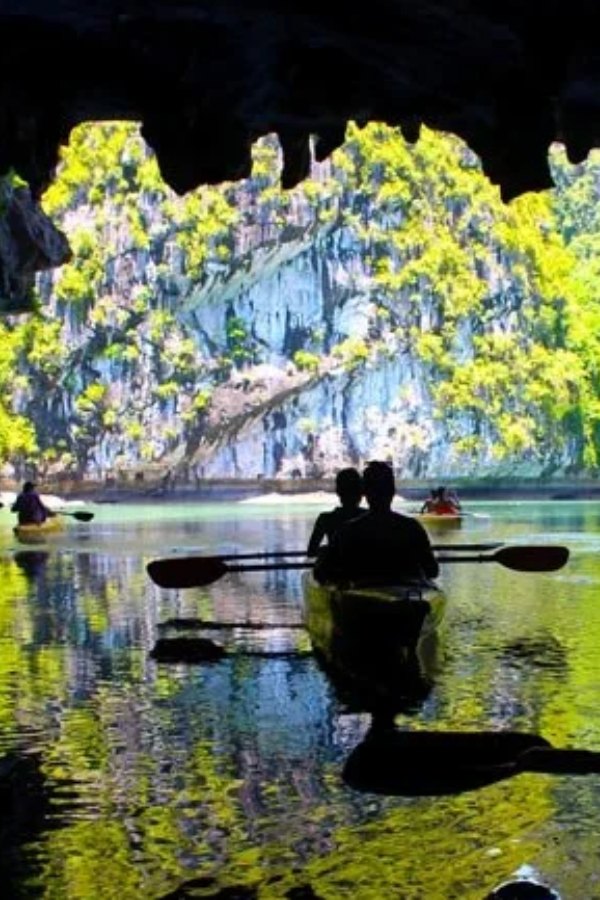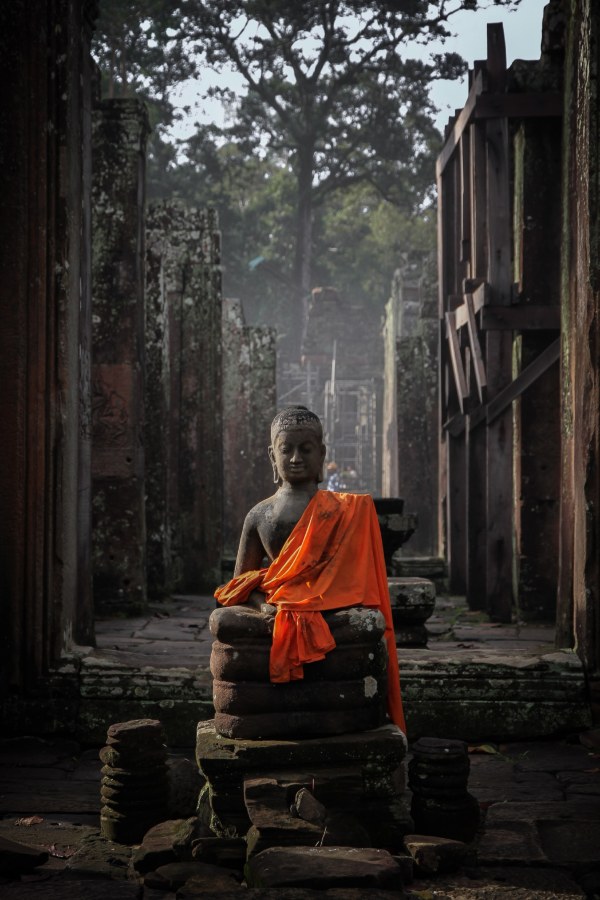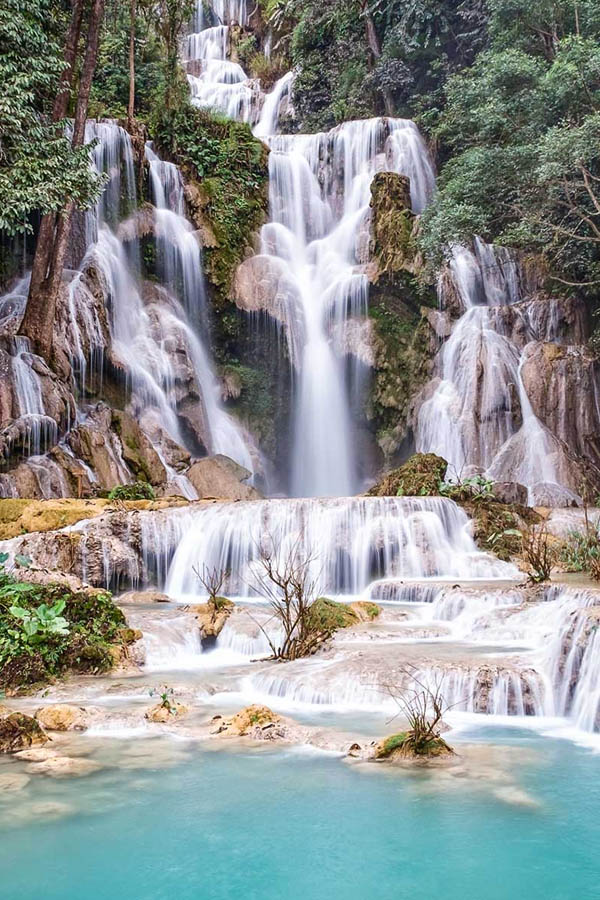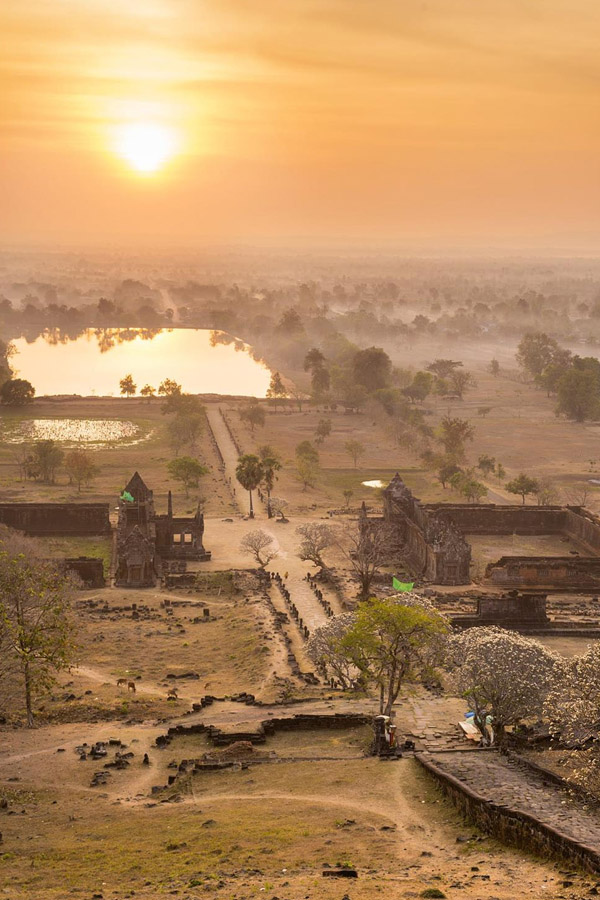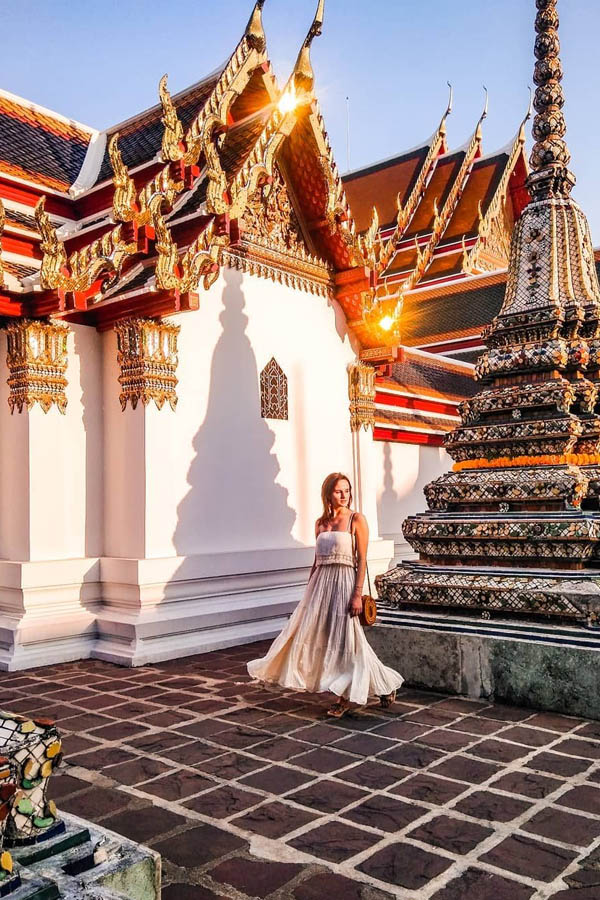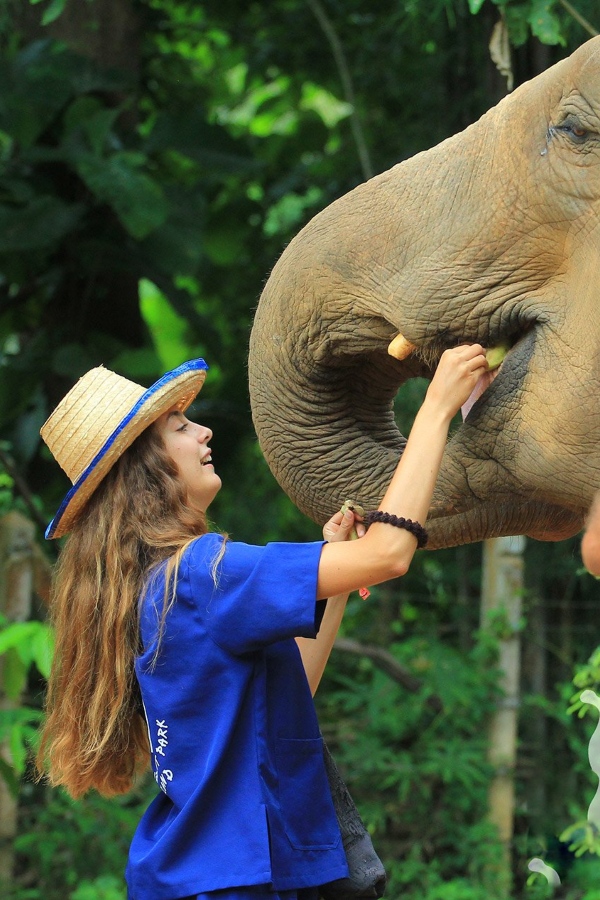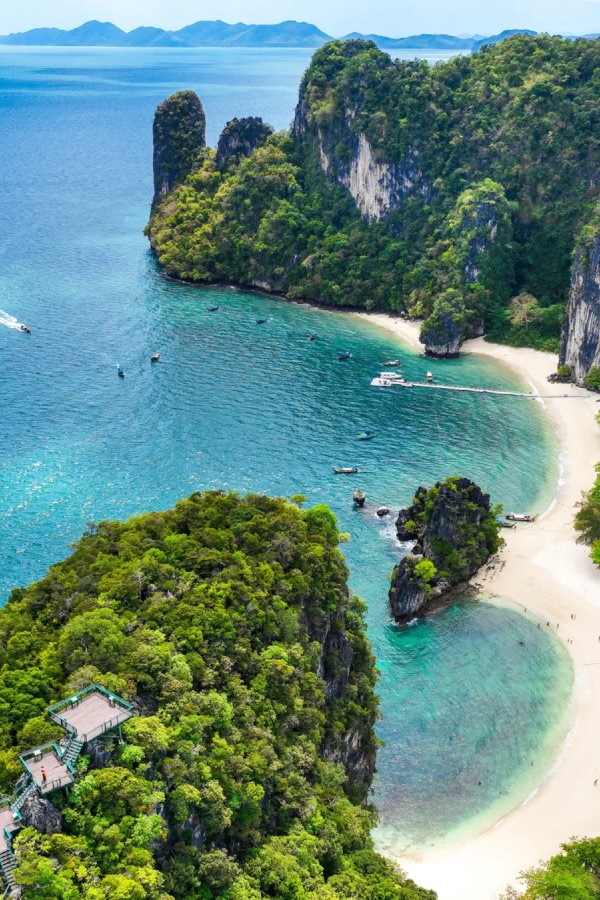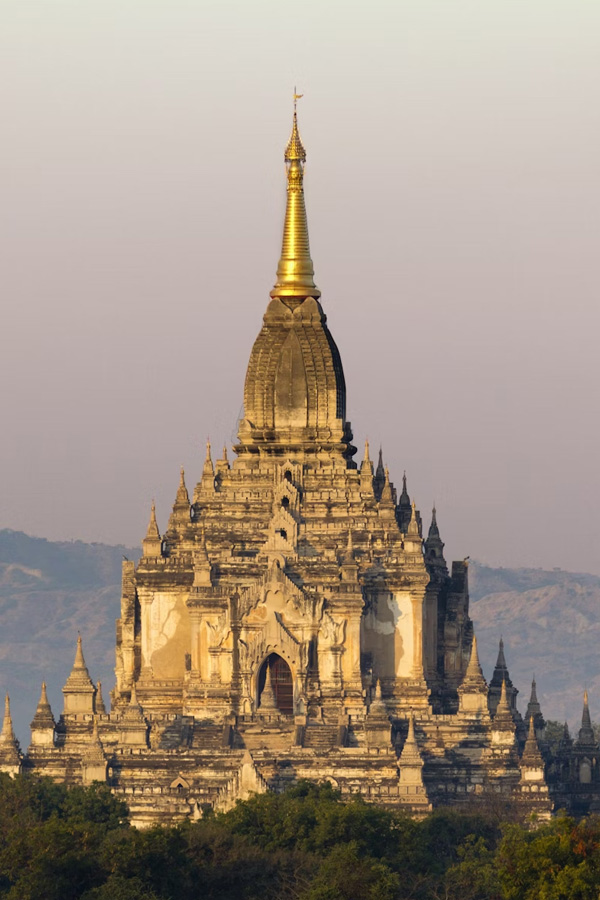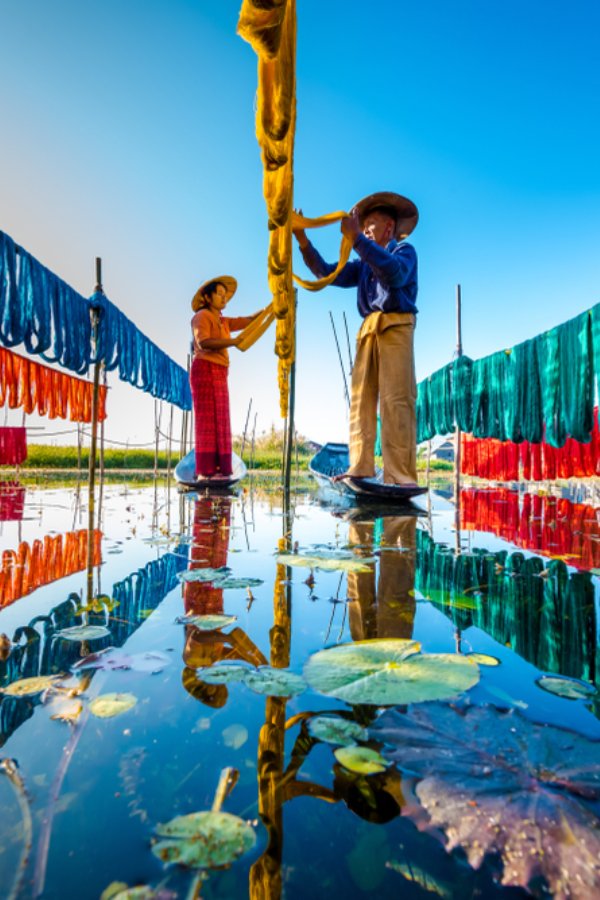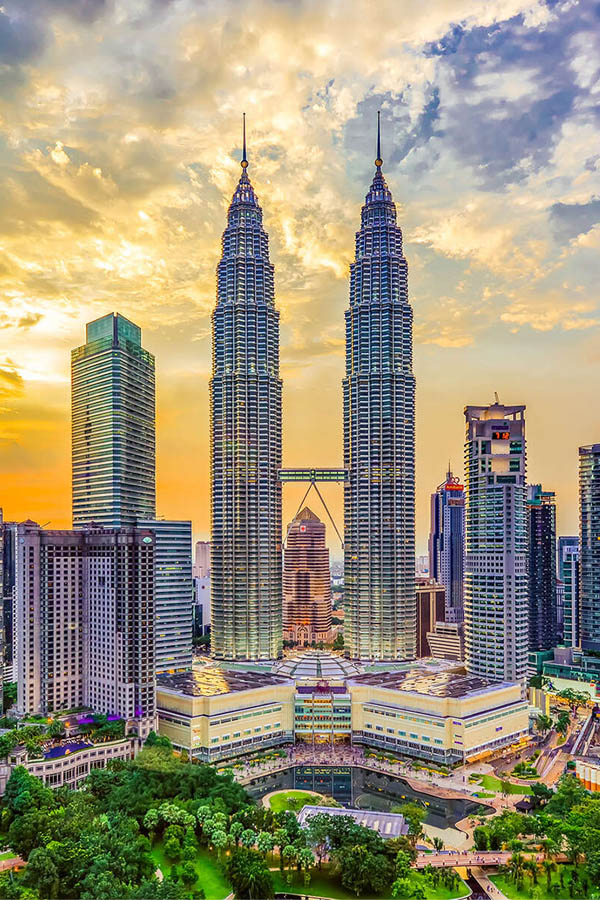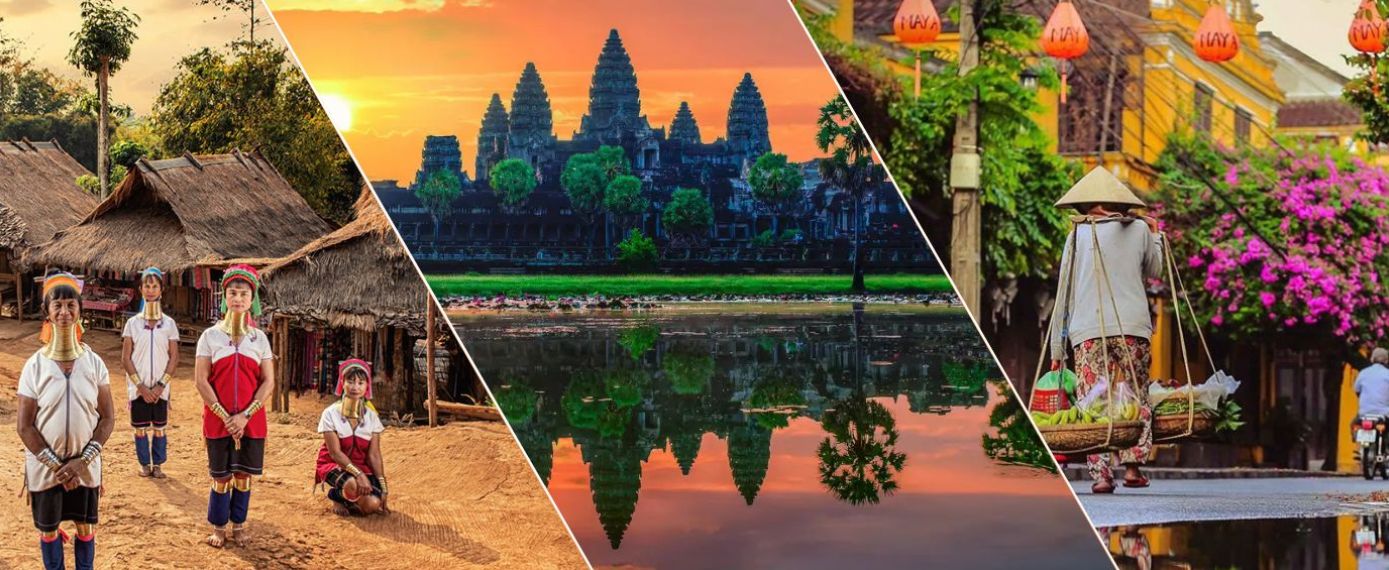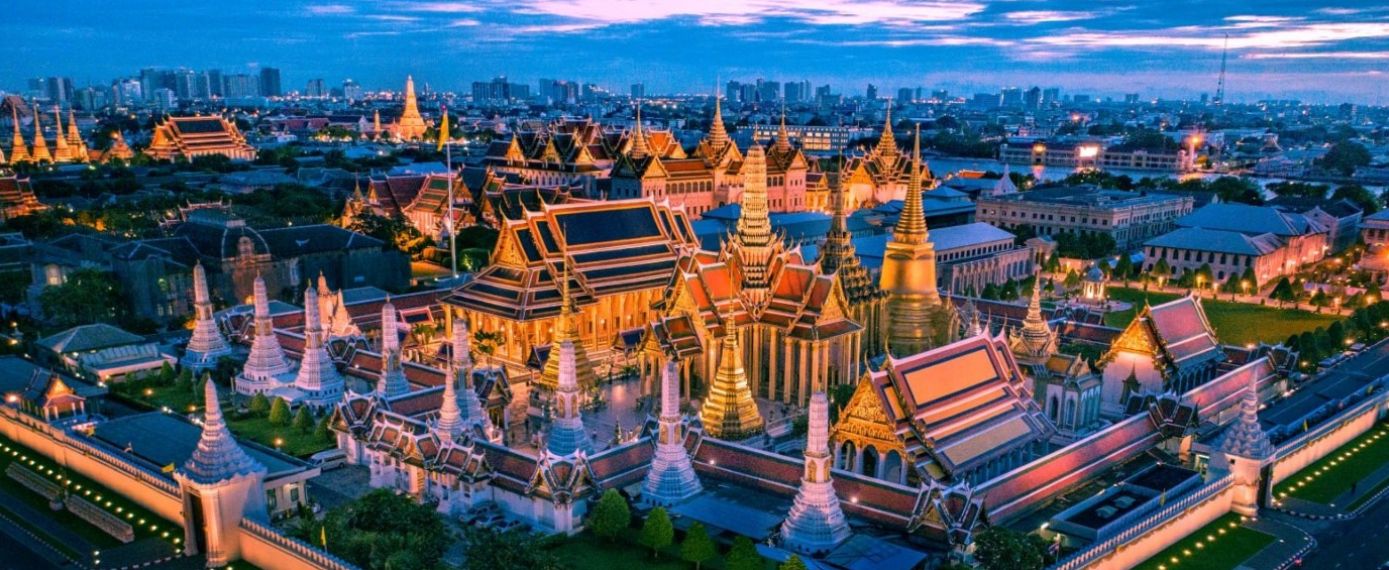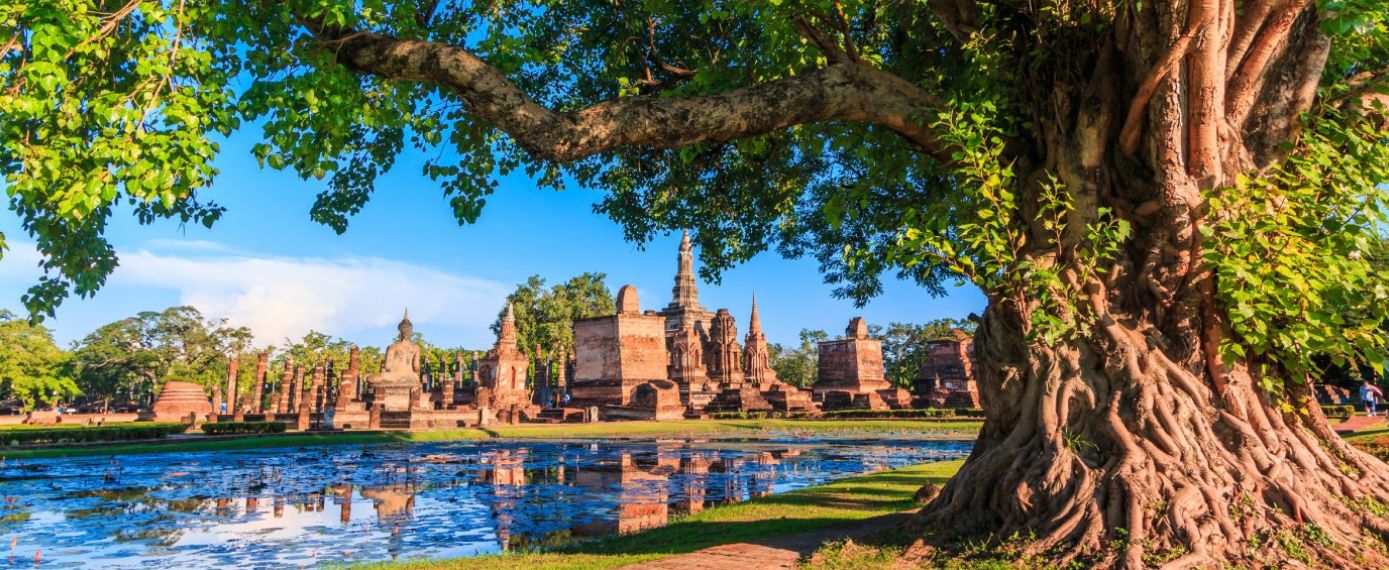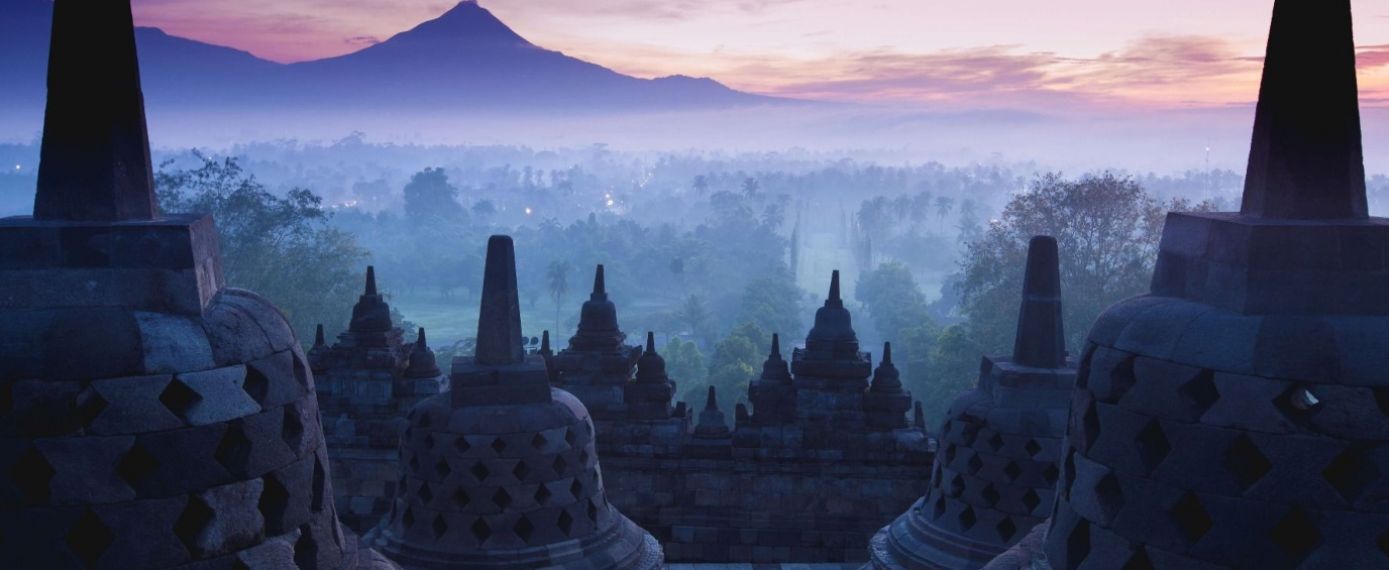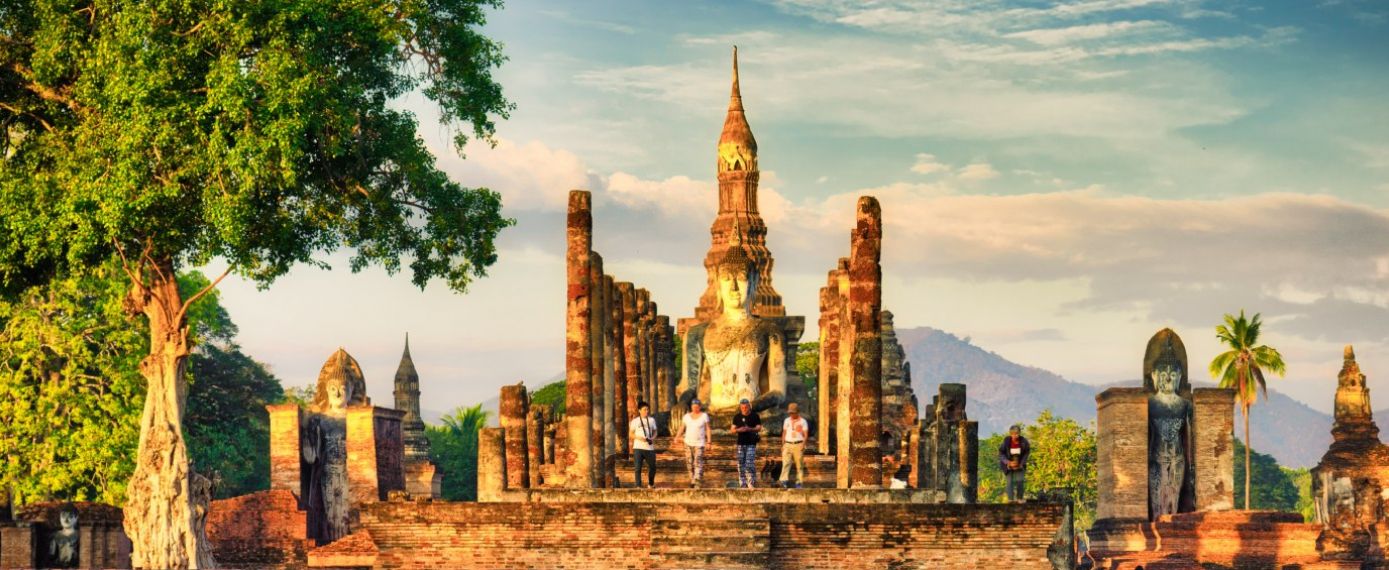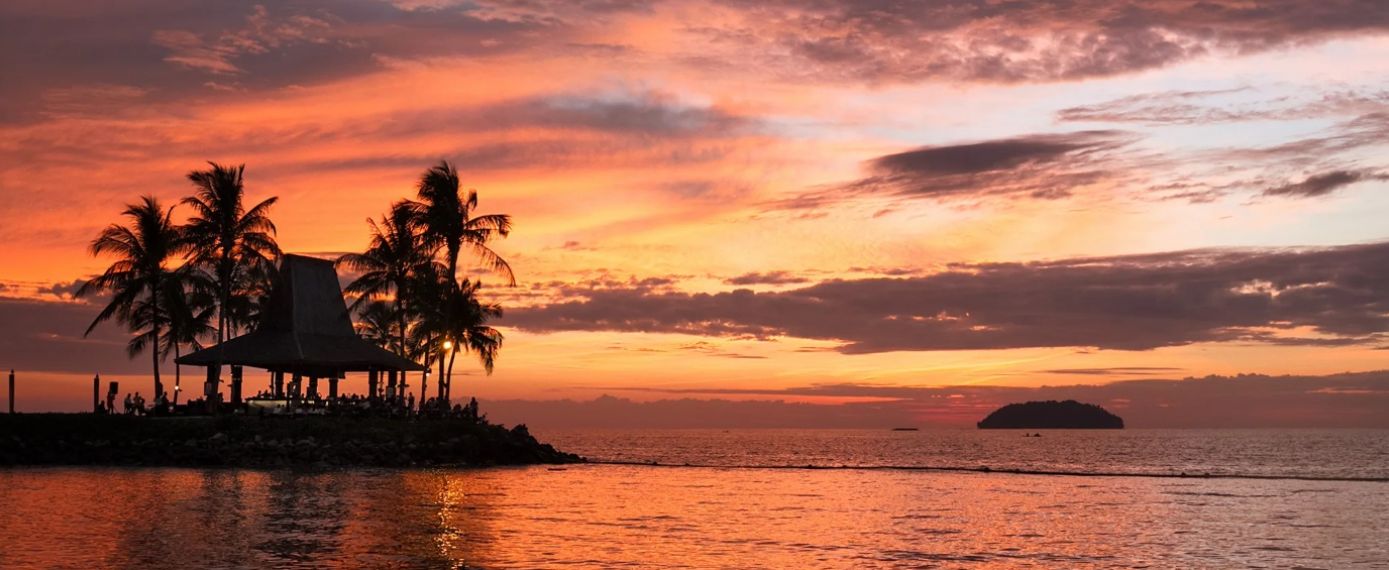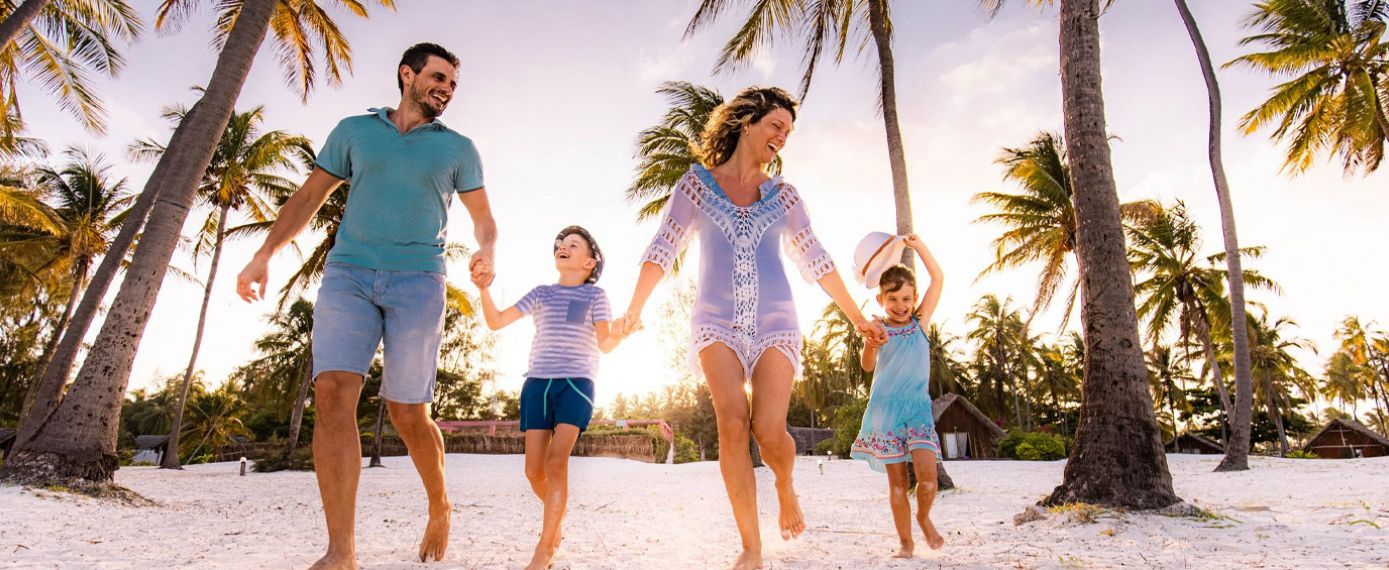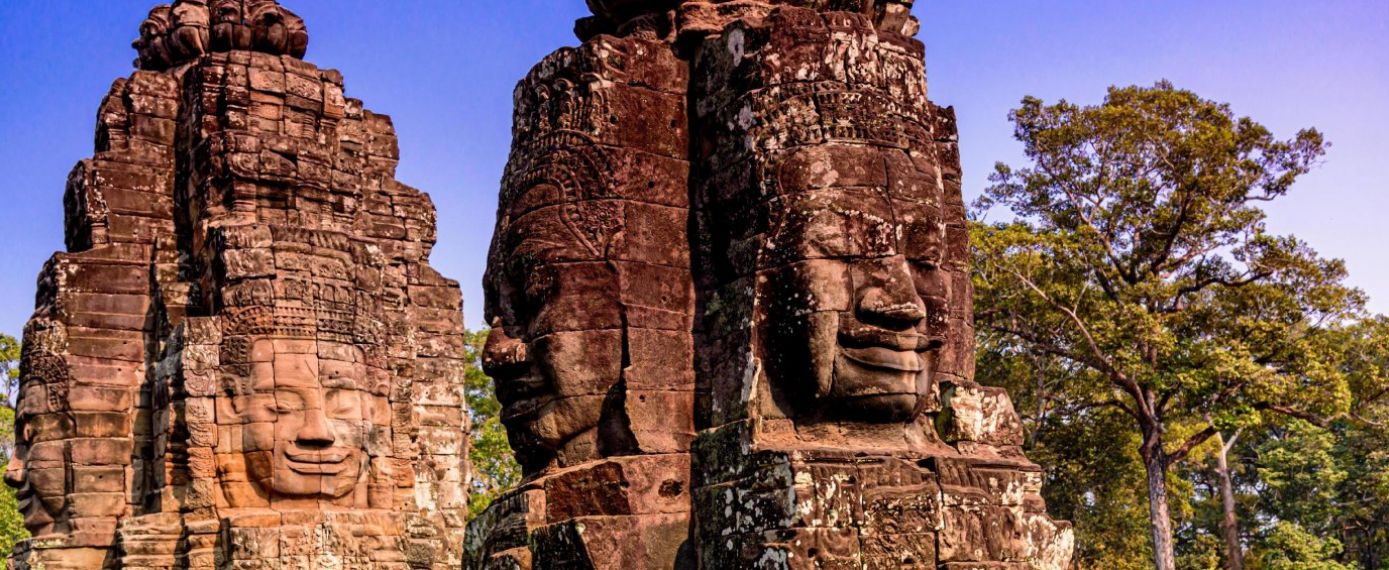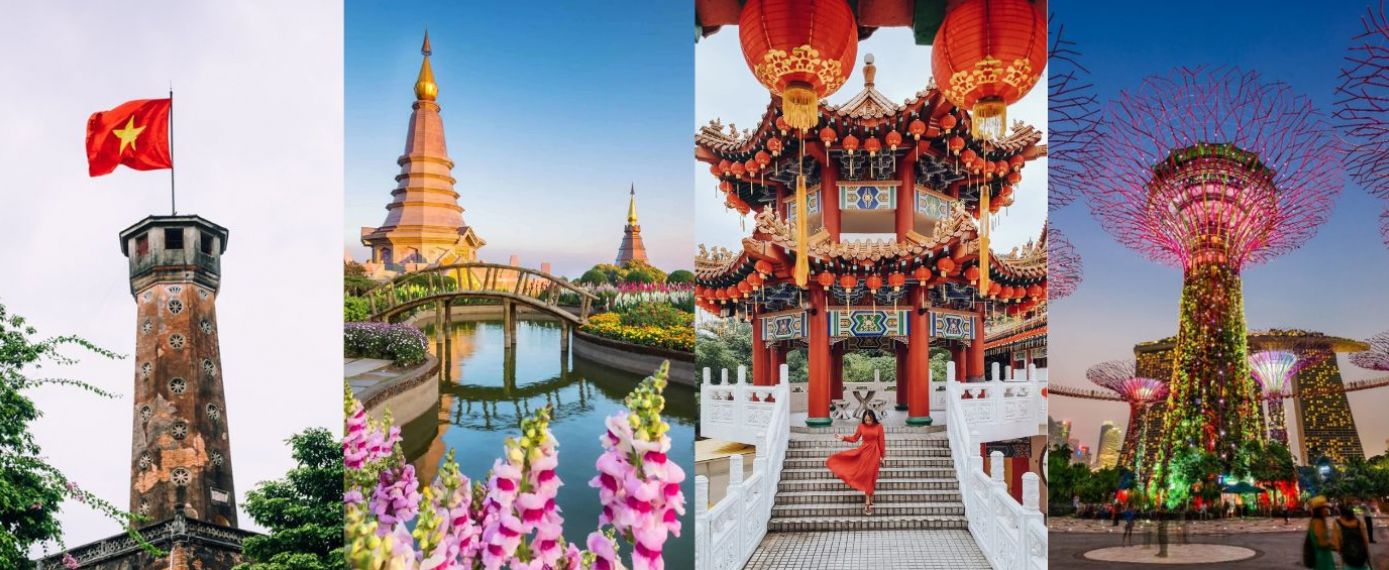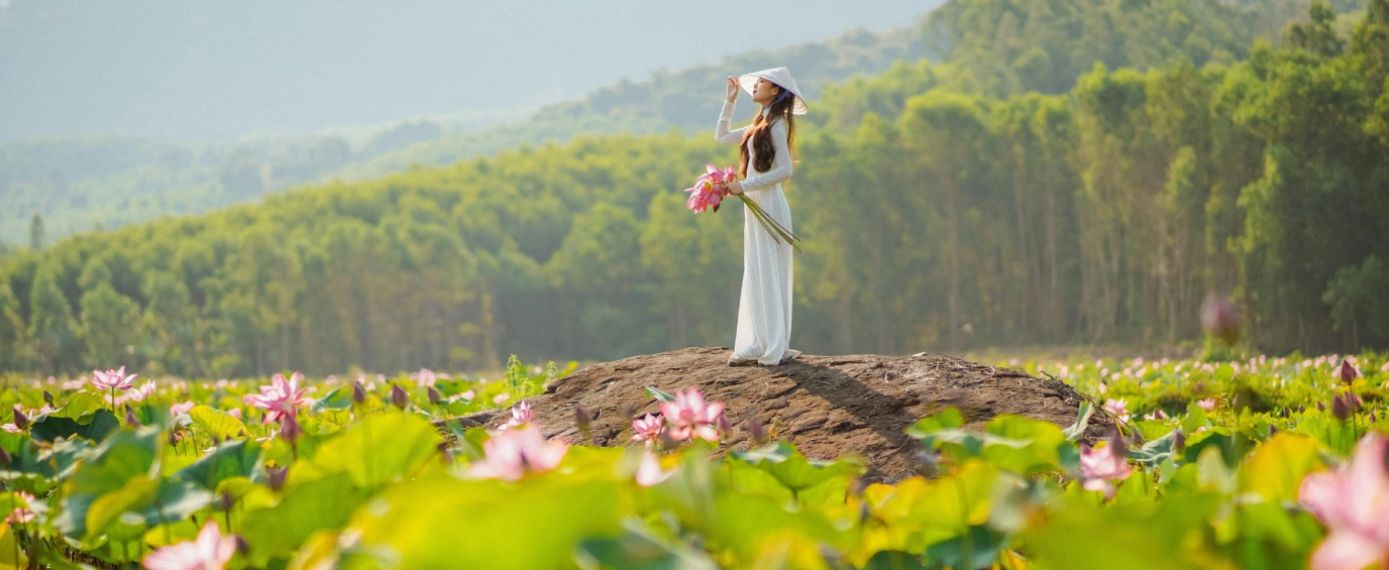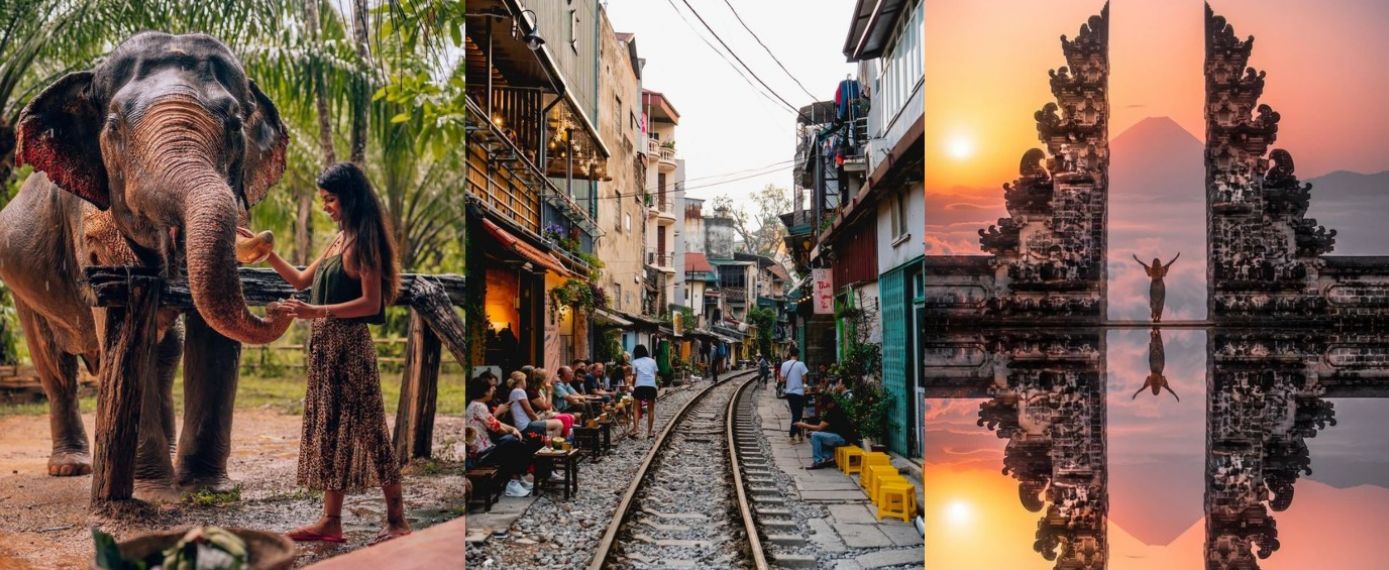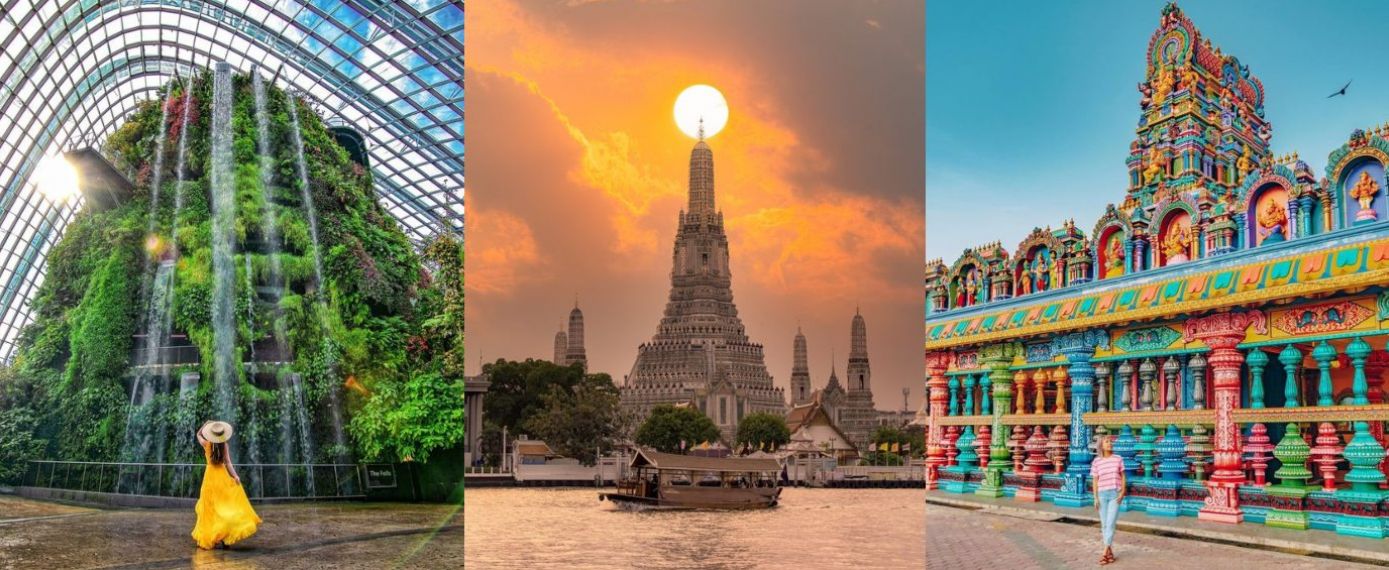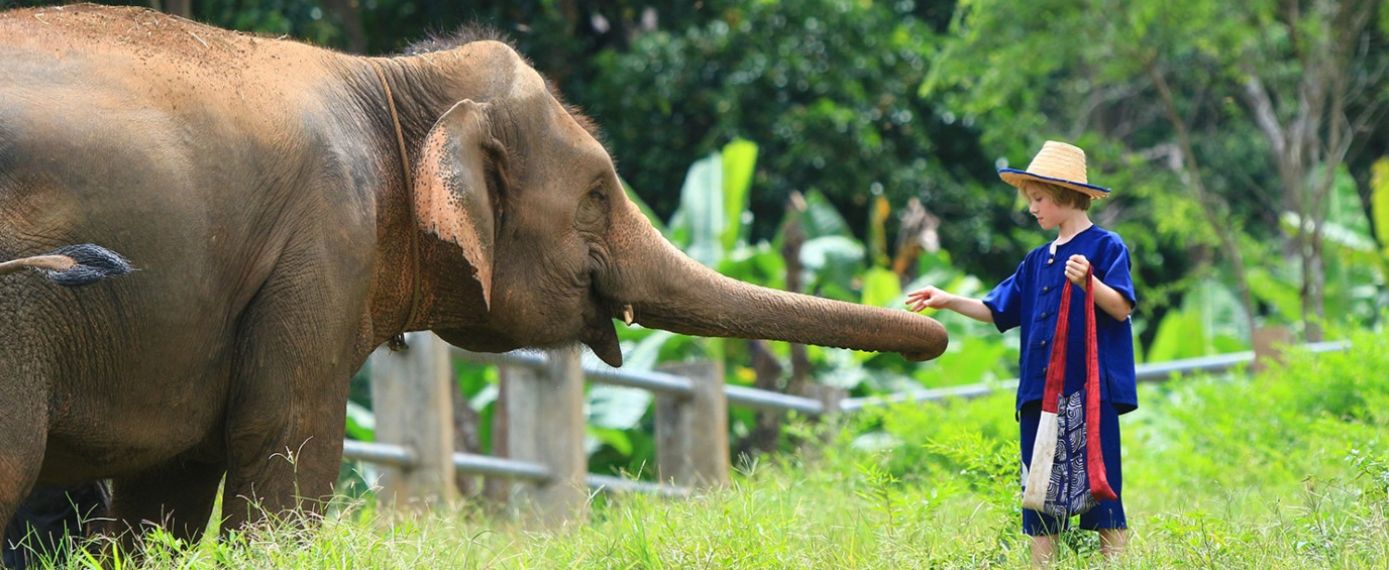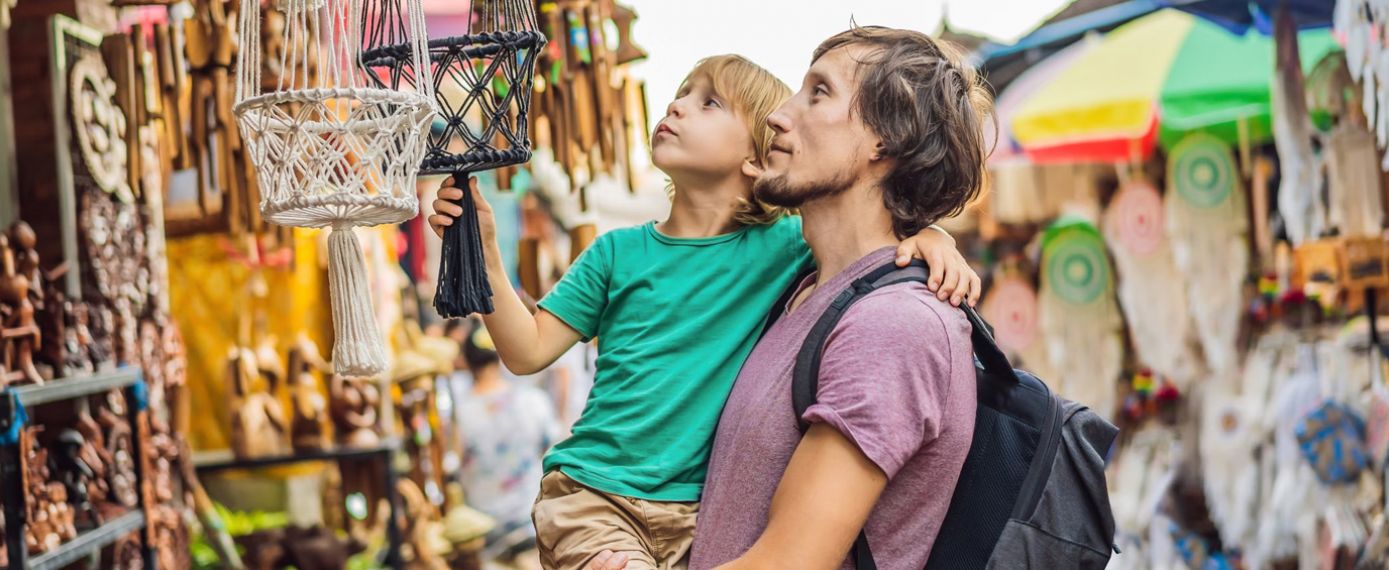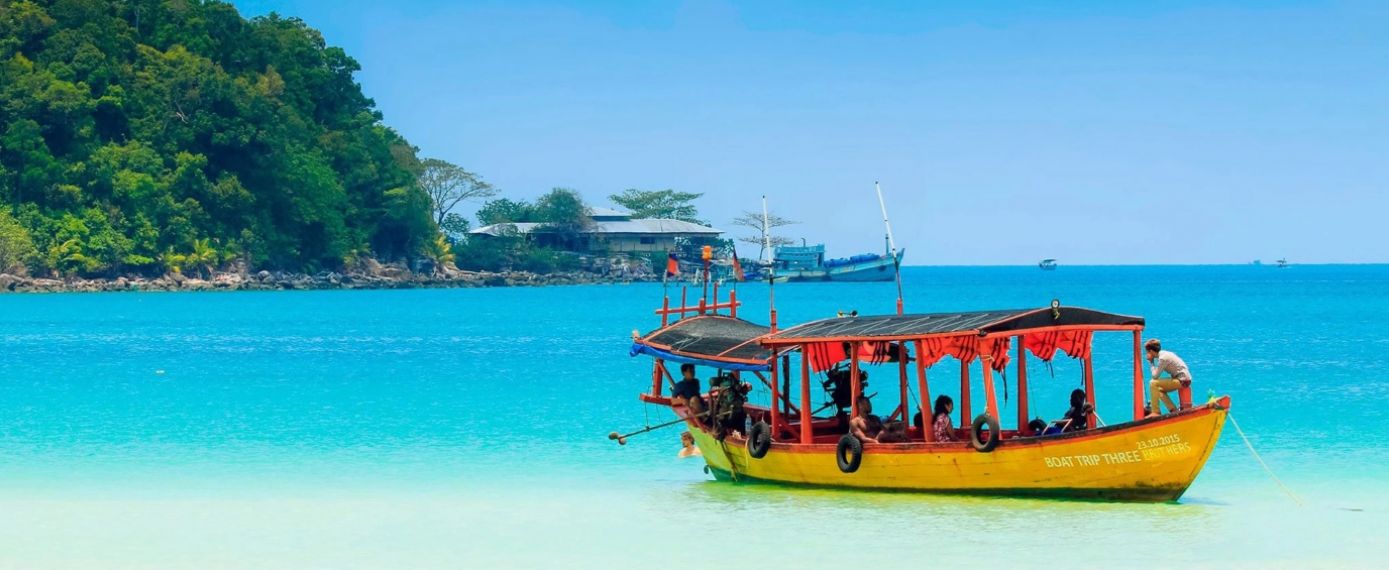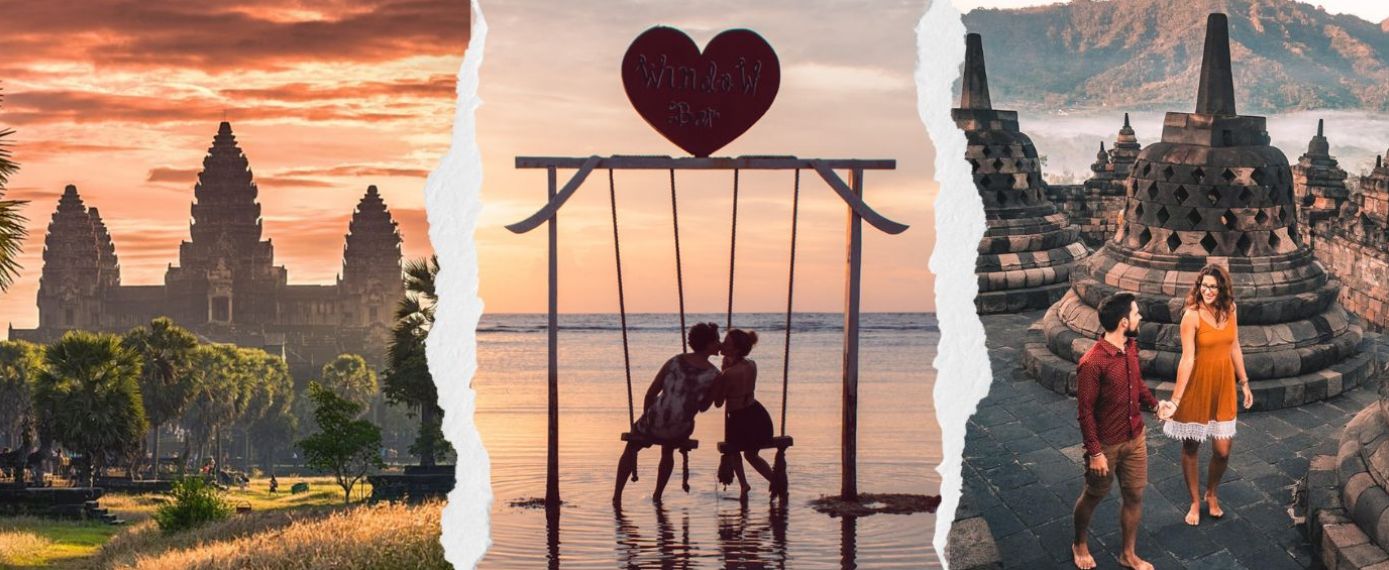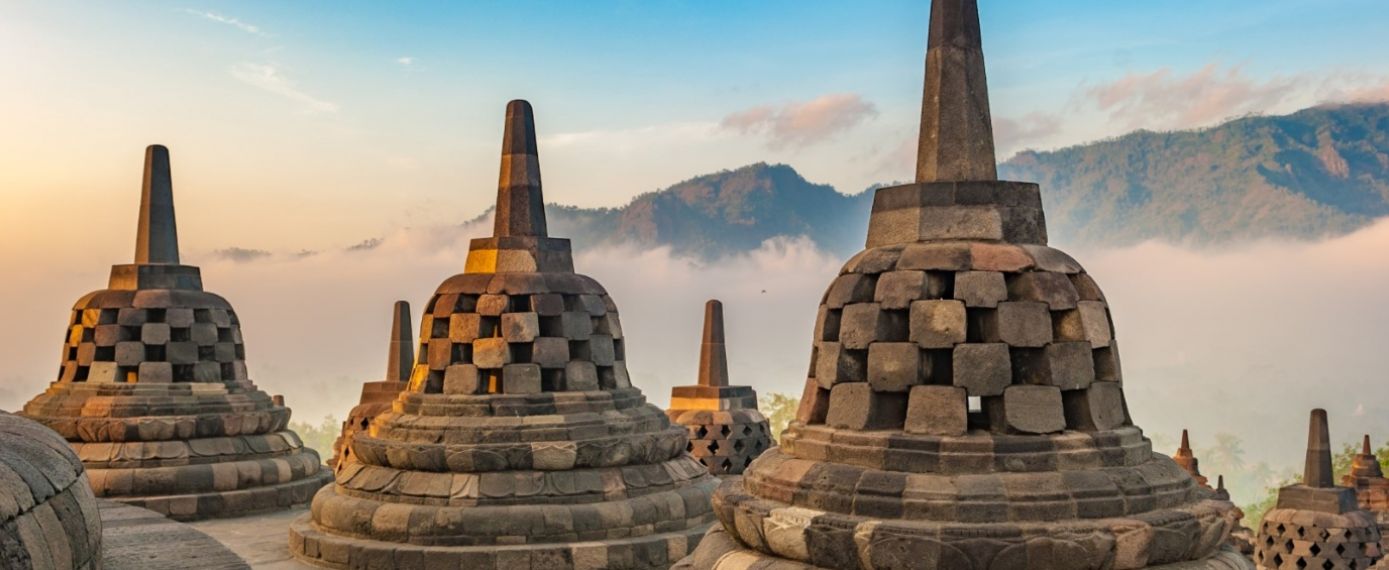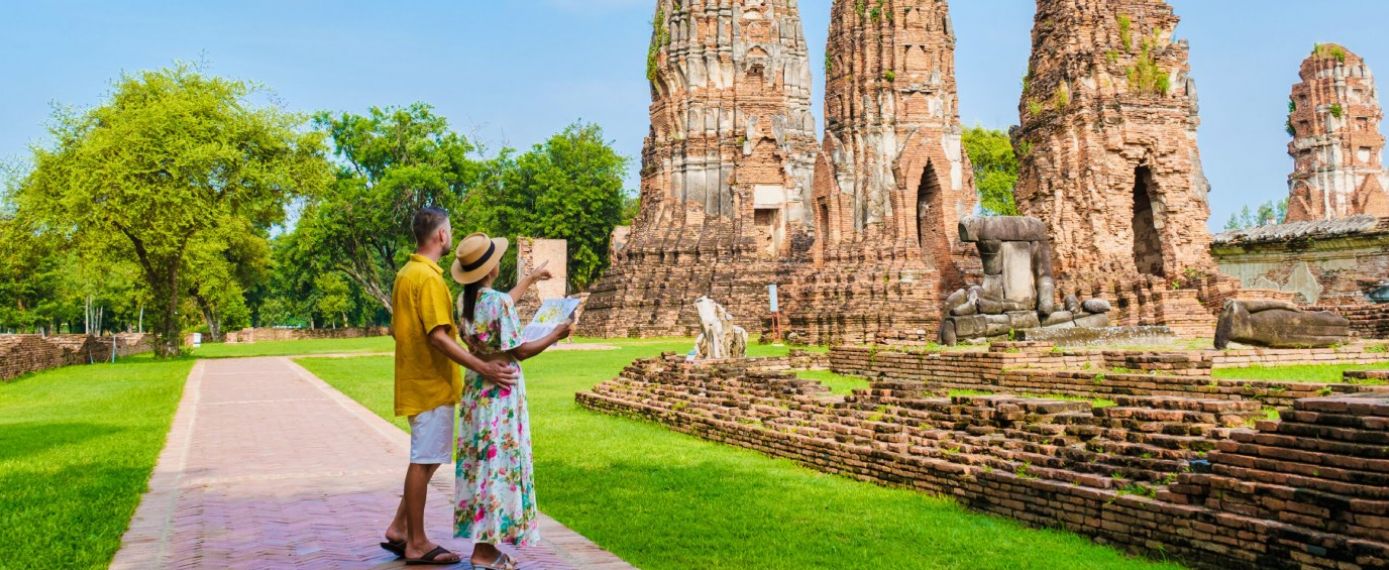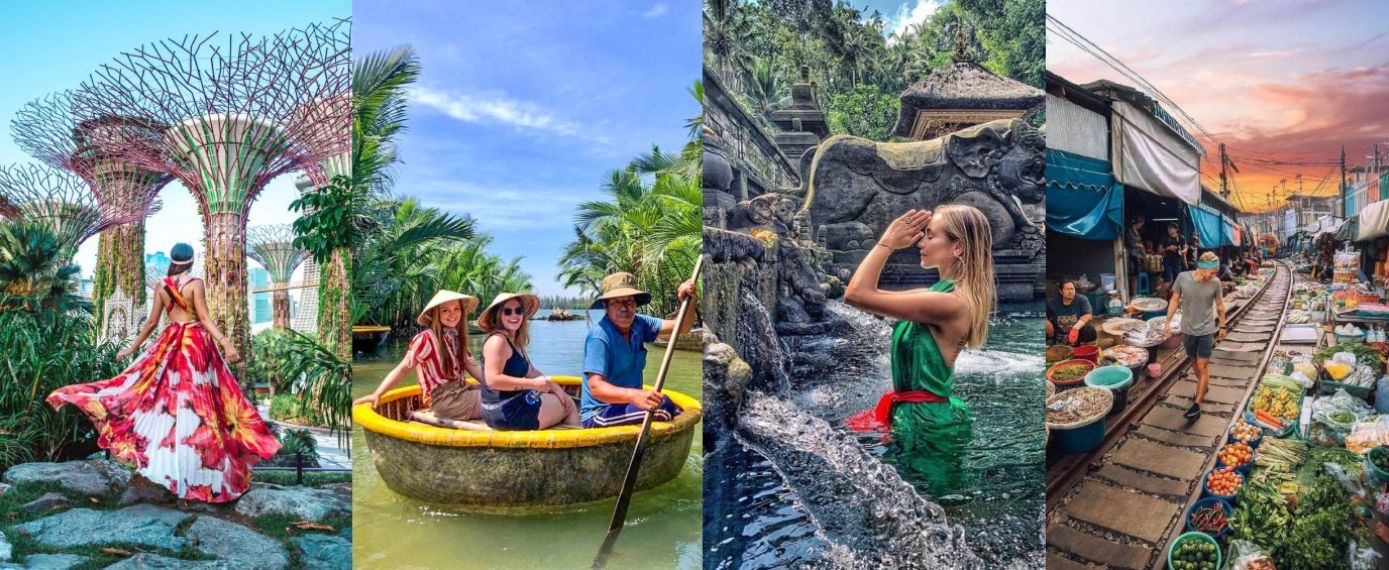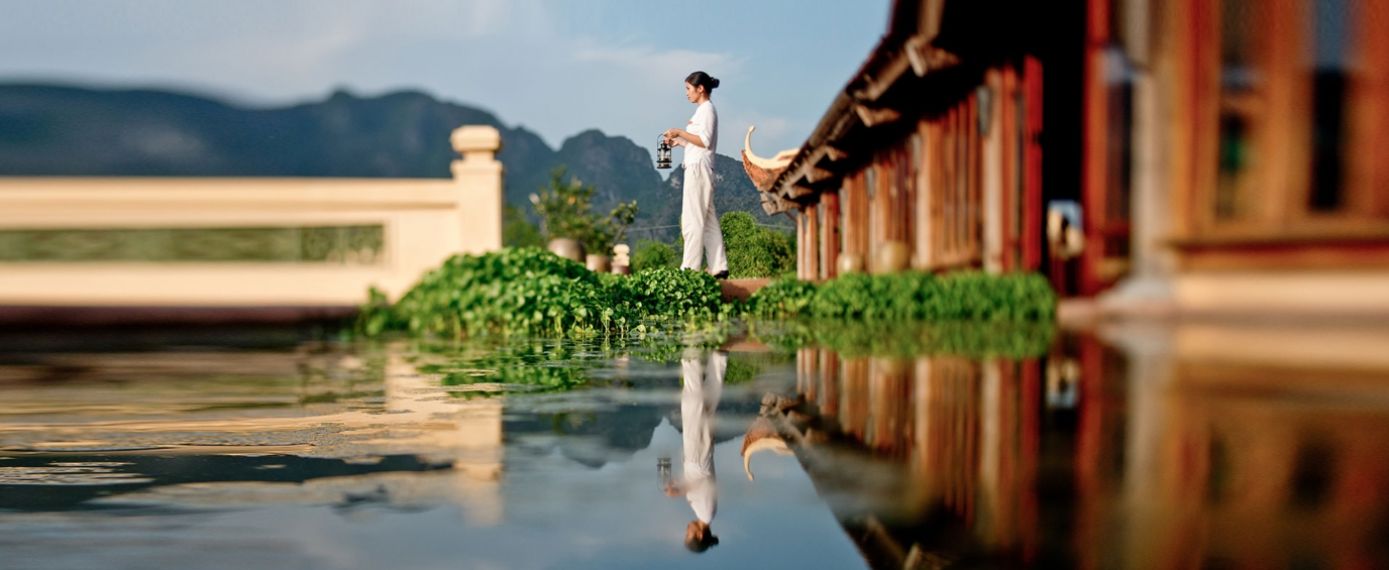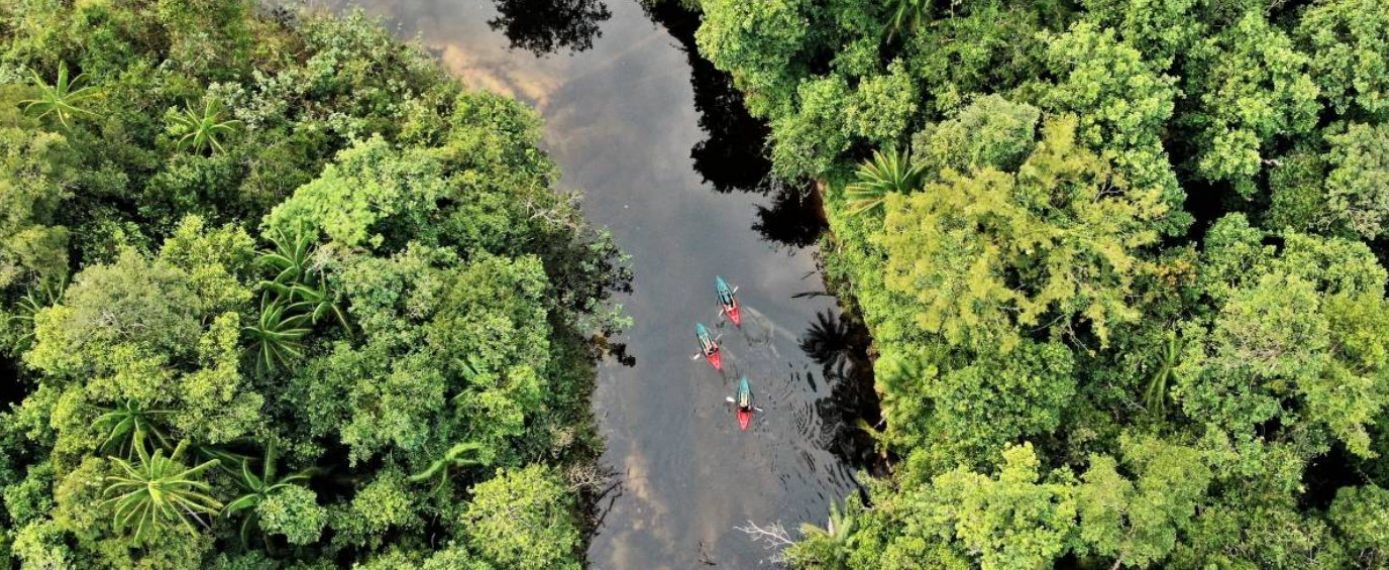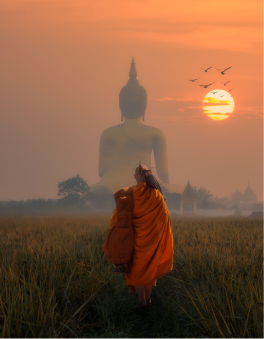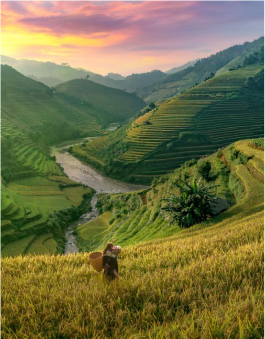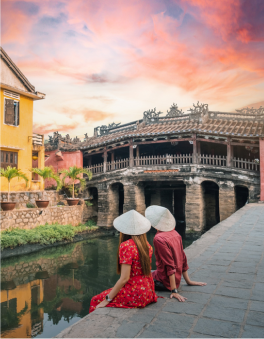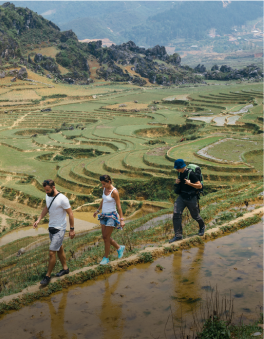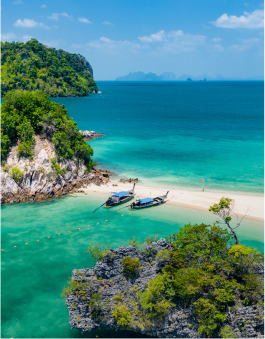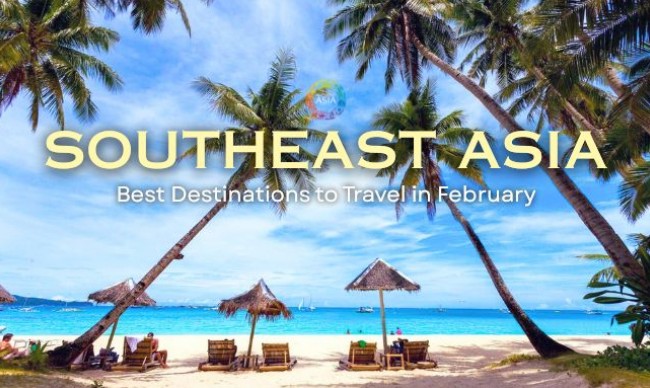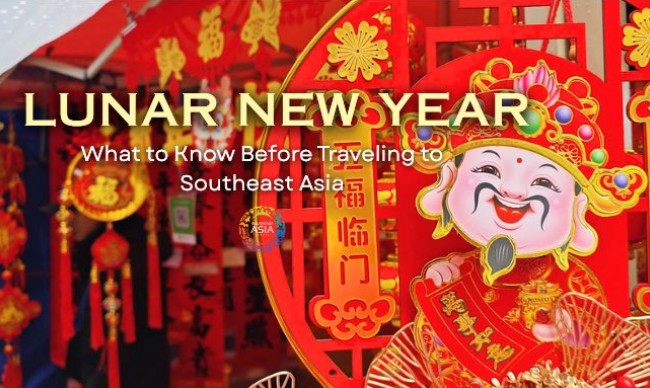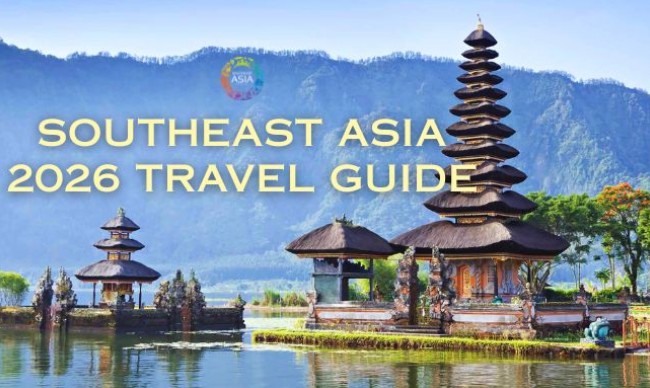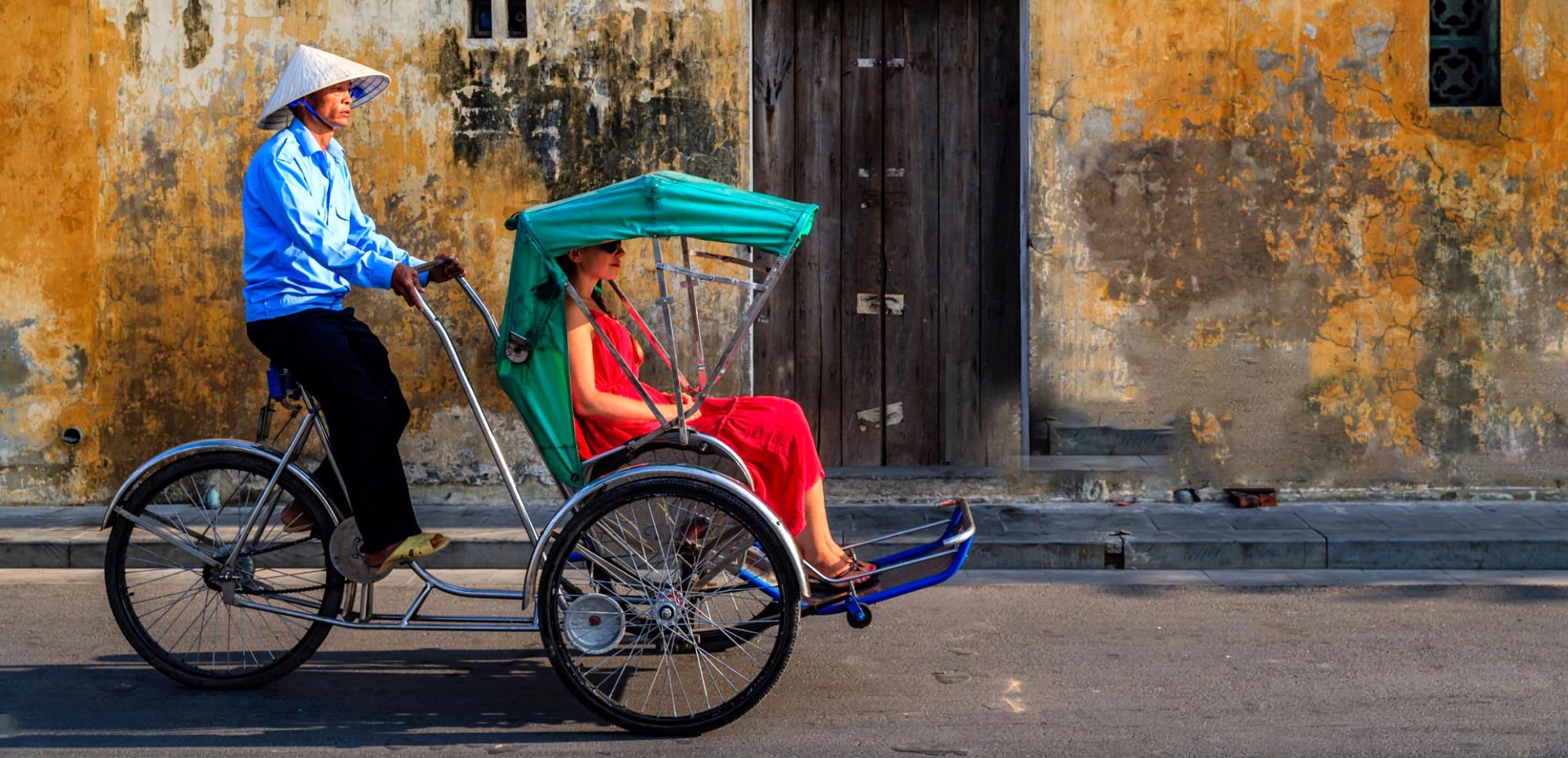
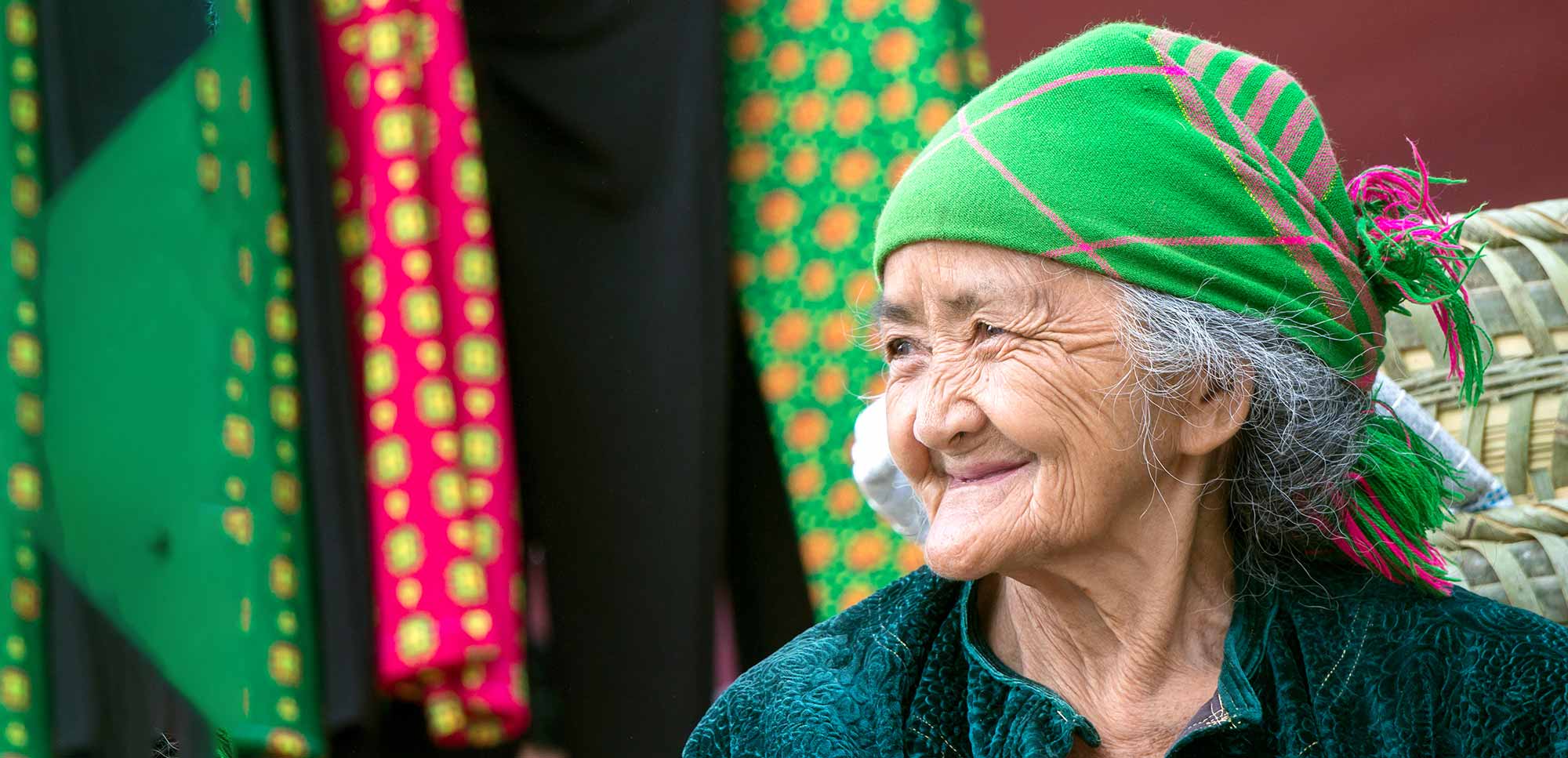
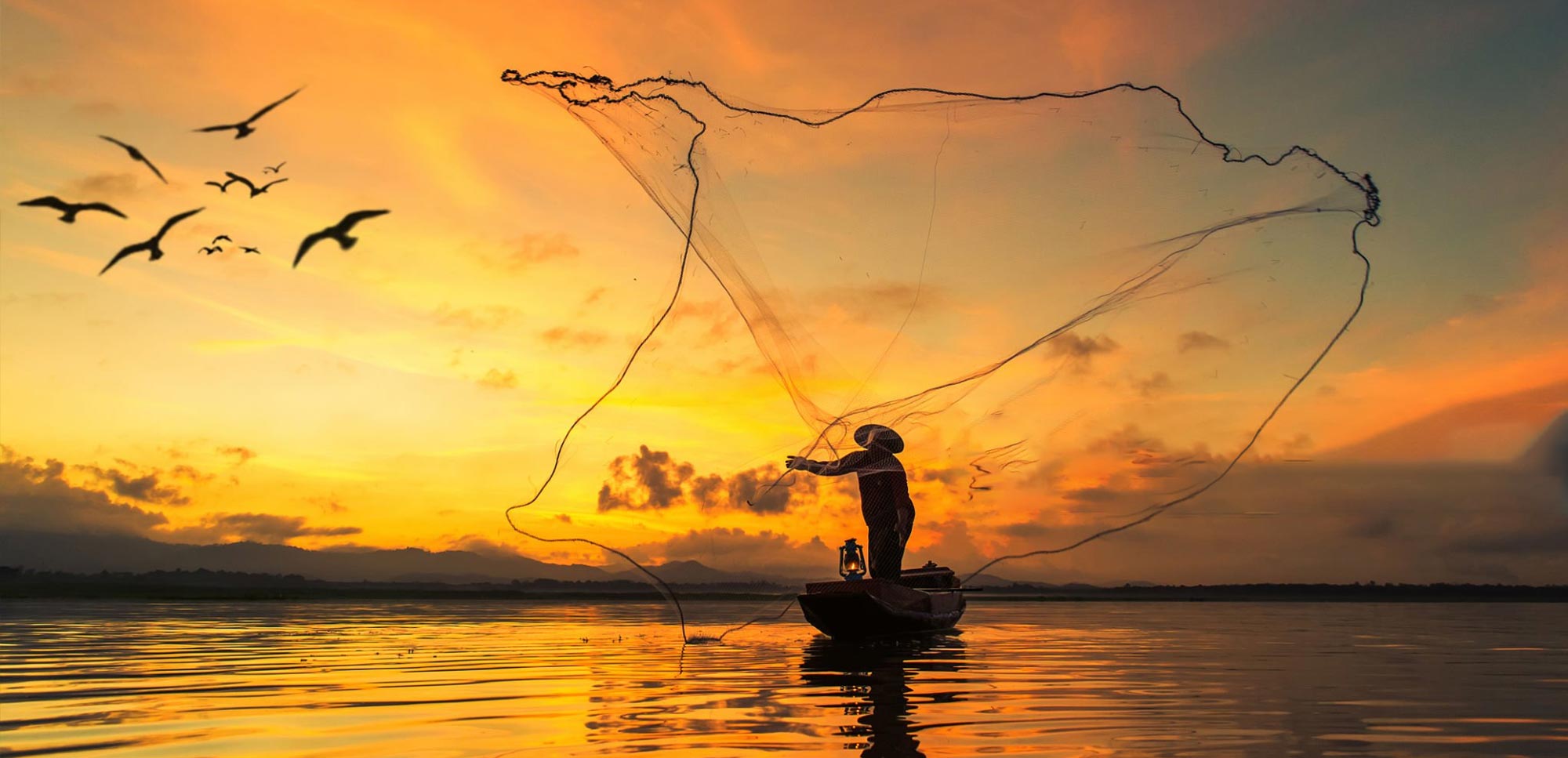
Best Southeast Asia Tours
We Customize Best Southeast Asia Tours By Your Way


CREATE YOUR OWN TRIP WITH US

What are Best Southeast Asia Tours?
Our best selling Southeast Asia tours are the great collection of the most favorite journeys covering most of the "must do" things in Vietnam, Cambodia, Laos, Thailand, Myanmar, Malaysia and Indonesia... All the listed tours are highly recommended by our former clients due to their characters of privacy, flexibility, comfort and authentic experiences. Another reason comes from a meticulous handpick of services from destinations, hotels, cruises, transports, tour guides and activities... to make sure that all the visits will be unforgetable memories to our clients.
Read more ...
Best Southeast Asia Tours
Discover the wonders of Southeast Asia with our handpicked selection of the best Southeast Asia tours, featuring fresh, up-to-date itineraries. Whether you’re seeking cultural immersion, tropical escapes, or exciting adventures, these expertly crafted multi-country trips offer a seamless way to explore the region’s vibrant cities, ancient temples, and breathtaking landscapes. From the bustling markets of Bangkok to the serene beaches of Bali and the historic charm of Vietnam, each customizable tour promises unique experiences through several Southeast Asian gems. Perfect for first-time travelers or seasoned explorers, these best Southeast Asia journeys deliver unforgettable memories across borders in one extraordinary trip.
Embark on a 30-day heritage voyage through Southeast Asia, beginning in the misty mountains of Chiang Mai and concluding in the vibrant heart of Hanoi. Designed for travelers seeking meaningful cultural encounters paired with elevated comfort, this deluxe journey blends immersive local experiences with stays in carefully curated 4- and 5-star accommodations. From the floating markets of Bangkok to the ancient temples of Siem Reap, the heritage railway of Hanoi to the culinary traditions passed down through generations, each destination invites you to connect deeply with the region’s living culture while enjoying exceptional service and thoughtfully crafted experiences throughout your month-long adventure.
Only From $7560/person
All Inclusive ServiceThis Tour
Trace the cultural heartbeat of the region on our 25-day Landmarks of Southeast Asia journey, traveling through Cambodia, Thailand, Laos, and Vietnam. This heritage-rich itinerary connects you with the ancient kingdoms, sacred temples, historic capitals, and timeless landscapes. From the monumental splendor of Angkor and the royal legacies of Ayutthaya to the spiritual calm of Luang Prabang and the dramatic limestone wonders of Halong Bay and Ninh Binh, each destination offers immersive cultural encounters and authentic local experiences, revealing the enduring traditions, artistry, and living history of Southeast Asia.
Only From $4375/person
All Inclusive ServiceThis Tour
Get ready for a thrilling 20-day adventure across Southeast Asia’s most captivating destinations! From the dazzling skyline of Kuala Lumpur to the natural beauty of Kota Kinabalu and Ranau, the vibrant pulse of Jakarta, and the island bliss of Bali with Ubud, Kintamani, and Sanur - every day is a new discovery. Wrap it all up with the magic of Bangkok and the cultural charm of Chiang Mai. Culture, nature, cuisine, and unforgettable moments await! Let’s go explore!
Only From $4400/person
All Inclusive ServiceThis Tour
Interested in the rich heritage and beautiful islands of Southeast Asia? Set off on a 38-day cultural and coastal odyssey through Thailand, Malaysia, Singapore, and the Philippines, an adventure that blends iconic cities, historic heartlands, and pristine tropical escapes. You will experience the vibrant streets of Bangkok, the ancient wonders of Sukhothai, the flavorful charm of Penang, and the natural splendor of Kota Kinabalu before heading to sleek, modern Singapore. Fly into the Philippines, where your final chapter unfolds across El Nido’s dramatic limestone cliffs, Bohol’s serene landscapes, and Cebu’s coastal energy.
Only From $9265/person
All Inclusive ServiceThis Tour
Discover the rich tapestry of Southeast Asia heritage on this 21-day Cultural Trail of Malaysia, Indonesia & Thailand. From the ancestral highlands of Tana Toraja and wildlife encounters in Balikpapan to the mystical temples of Yogyakarta and the modern pulse of Kuala Lumpur, each stop reveals a unique cultural heartbeat. Wander through the street art scene of Penang, uncover royal history in Ayutthaya, and immerse yourself in the colorful markets and sacred temples of Chiang Mai. This immersive tour promises deep cultural connection, stunning natural beauty, and memories that will last a lifetime.
Only From $5880/person
All Inclusive ServiceThis Tour
Ready to experience Southeast Asia like never before? This 19-day Exclusive Discovery tour invites you to uncover the rich cultures, stunning landscapes, and timeless history of Cambodia, Thailand, and Vietnam-all in one seamless, adventure-filled journey. Begin with the mystical temples of Siem Reap, where ancient stone ruins whisper tales of lost empires. Cross into Thailand to dive into vibrant city life in Bangkok, reflect at the River Kwai in Kanchanaburi, and explore the heritage-rich towns of Sukhothai and Chiang Mai. Then, fly to Vietnam to witness Hanoi's bustling streets, Ninh Binh's serene countryside, and Halong Bay’s dreamy seascape. This trip is a deep, colorful dive into the heart of Southeast Asia. Come curious, leave inspired.
Only From $3192/person
All Inclusive ServiceThis Tour
Cambodia, Thailand, and Malaysia showcase the very essence of Southeast Asia, a perfect harmony of heritage, culture, and nature. This 32-day tour package invites you to explore ancient wonders, local traditions, and breathtaking landscapes, from the timeless temples of Siem Reap to the lush wilderness of Koh Kong, from the serene heritage of Chiang Mai to the natural splendor of Kota Kinabalu. Get ready for a true expedition capturing the heart and soul of Southeast Asia.
Only From $6464/person
All Inclusive ServiceThis Tour
Ready, set… flip-flop! This epic family adventure brings you from vibrant rivers to tropical beaches, ancient temples to buzzing cities, perfect for curious kids and adventurous grown-ups. Start in Vietnam with the charm of Hanoi, the magic of Halong Bay, and the scenic beauty of Ninh Binh. Then head to Thailand for elephant encounters and street food fun in Chiang Mai and Bangkok. Finally, island-hop your way through the Philippines, from the colorful chaos of Manila to the crystal-clear waters of El Nido, Bohol, and Cebu. Sun, culture, nature, and nonstop family fun - flip-flops required!
Only From $6885/person
All Inclusive ServiceThis Tour
See the very best of Southeast Asia on this exciting 22-day tour through Vietnam, Thailand, and Cambodia! From vibrant cities and ancient temples to stunning beaches and peaceful countryside, this journey offers a perfect mix of culture, adventure, and relaxation. Kick off in Hanoi, cruise through the breathtaking Halong Bay, explore historic towns like Hoi An, and feel the buzz of Ho Chi Minh City. In Thailand, enjoy the tropical beauty of Phuket, the cultural richness of Chiang Mai, and the lively spirit of Bangkok. Finally, uncover the magic of Cambodia with a visit to the awe-inspiring temples of Angkor in Siem Reap.
Only From $3696/person
All Inclusive ServiceThis Tour
Get ready for a month-long adventure that reveals centuries of history, spiritual traditions, and vibrant local cultures of Southeast Asia. You’ll trace the region’s most iconic landscapes and storied cities: from the emerald bay and dynamic capital of Vietnam to the mystical temples of Cambodia, the gilded palaces and bustling markets of Thailand, and the multicultural coastal charms of Malaysia. Along the way, discover UNESCO-listed wonders, traditional arts handed down through generations, flavorful regional cuisines, and modern communities shaped through trade and migration.
Only From $6030/person
All Inclusive ServiceThis Tour
Best Southeast Asia Heritage & Culture Tours
Southeast Asia is a culturally rich and diverse region counting numerous sites classified by the UNESCO in the World Heritage of Humanity. With some of the world’s most famous sites like Angkor Temples in Cambodia or Ha Long Bay in Vietnam, Southeast Asia is home to more than 30 wonderful sites that stand out for their natural or cultural value. For visitors who are new to this area, there is a bucket list of the must-see sights such as Bagan in Myanmar, the Mekong Delta in Vietnam and the historical park Ayutthaya in Thailand. Other standout attractions in the region also are Mulu and Kinabalu National Parks in the Malaysian state of Sabah, the latter home to Mount Kinabalu known as the highest peak in Southeast Asia. Also listed as the World Heritage Sites are the city of Luang Prabang, the former seat of monarchy in Laos, and the beautiful Borobodur Buddhist temples located on the outskirts of Yogyakarta in Indonesia.
This immersive journey lasting 26 days is ideal for curious travelers seeking authentic cultural encounters, scenic landscapes, and timeless heritage across Southeast Asia. From the tranquil mountains of Chiang Mai and the vibrant energy of Bangkok to the colonial charm of Penang and the cool greenery of the Cameron Highlands, this tour offers a rich tapestry of experiences. Continue to the dynamic cities of Kuala Lumpur, Hanoi, and Singapore, and relax with a magical cruise through Halong Bay.
Only From $8190/person
All Inclusive ServiceThis Tour
This 20-day recommended itinerary provides a carefully curated discovery of Southeast Asia’s most enjoyed countries: Vietnam, Cambodia, Thailand, and Malaysia. The tour package includes some of the world’s most renowned sites, such as the spectacular Halong Bay, the majestic Angkor Wat, the sacred Wat Pho, and the iconic Petronas Twin Towers. These all-encompassing excursions will allow you to check off your bucket list ambitions and sate your interest in Southeast Asia.
Only From $3720/person
All Inclusive ServiceThis Tour
For those seeking a great holiday in Southeast Asia, exploring a variety of cultural and natural wonders, our 17-day tour package, which takes you through Vietnam, Thailand, and Indonesia, will be the perfect choice. Including some of the region's most appealing cities, such as Ho Chi Minh City, Hanoi, Bangkok, and Bali Island, with numerous thrilling activities, this trip also awes you with a plethora of notable historic and cultural highlights, stunning natural landscapes, and the enchanting local urban and countryside life that defines the three countries' endless charm.
Only From $3536/person
All Inclusive ServiceThis Tour
Best Southeast Asia Family Tours
South East Asia is the perfect destination for a family holiday since a visit to this region can be a mix of educational and entertaining experiences, allowing children to learn while having fun. Home to the beautiful great outdoors and the diverse natural attractions, Southeast Asia offers one giant playground for fascinating activities and experiences for the whole family.
Singapore, Malaysia, and Thailand are three of Southeast Asia's most vibrant countries, with awe-inspiring architectural designs, a rich tapestry of cultural diversity, flavorsome cuisines, enchanting heritage sites, and stunning natural beauty to captivate visitors. This 21-day suggested vacation package includes all of the best experiences in each destination, culminating in a genuine refreshment in Phuket, Thailand's beach paradise, during the last days of the trip as a wonderful getaway after days full of discovery. It's certainly an excellent choice for your exciting Southeast Asian adventure.
Only From $4788/person
All Inclusive ServiceThis Tour
From the buzzing streets of Bangkok to the ancient wonders of Cambodia, the stunning natural beauty of Vietnam to the futuristic excitement of Singapore, this trip is packed with fun, culture, and adventure for all ages. Discover floating markets, ride tuk-tuks through historic towns, cruise through the majestic limestone cliffs, explore jungle-clad temples, and enjoy interactive attractions. Designed with families in mind, this 17-day tour is designed to keep everyone smiling, whether you’re traveling with curious kids, teens, or just young at heart. Let the journey begin!
Only From $3485/person
All Inclusive ServiceThis Tour
Get ready for an amusing family escape that hops across the equator and dives into two incredible cultures of Malaysia and Indonesia! Start in vibrant Penang and bustling Kuala Lumpur, then go wild with wildlife and river adventures in Kuching. Next, jet off to Jakarta for a taste of Indonesia’s buzzing capital before heading to the island paradise of Bali, where rice fields in Ubud, volcano views in Kintamani, and beach time in Sanur await. With exciting cities, nature, culture, and plenty of play, this journey is the perfect mix of fun and discovery for curious kids and their grown-ups!
Only From $3420/person
All Inclusive ServiceThis Tour
Best Southeast Asia Beach Tours
Whether you’re looking for a fly-and-flop beach holiday or a cultural tour with a few days relaxing by the ocean at the end, Southeast Asia is the great destination with a multitude of idyllic beaches and stunning islands that captivate travelers. The beaches in this region offer a perfect blend of relaxation and adventure with opportunities for sunbathing, swimming, snorkeling, scuba diving and water sports.
Embark on an extensive 28-day trip exploring the cultural richness and tropical beauty of Thailand, Vietnam, and Cambodia. From the lively streets of Bangkok and the mountain charm of Chiang Mai to the timeless grace of Hanoi and the scenic seascapes of Halong Bay, each destination offers a unique window into the region’s soul. Wander through ancient temples in Siem Reap, experience authentic community life in Banteay Chhmar, and soak in the colonial charm of Battambang. Unwind on the pristine beaches of Koh Rong Sanloem after discovering the lush jungles of Botum Sakor National Park. This thoughtfully designed itinerary delivers a deeply immersive adventure and idyllic escapes through the heart of Southeast Asia.
Only From $5460/person
All Inclusive ServiceThis Tour
This thoughtfully crafted itinerary is perfect for travelers seeking both cultural depth and island serenity in one unforgettable Southeast Asian experience. On a course of 22 days, you will traverse through Cambodia, Malaysia, and Indonesia, from the awe-inspiring temples of Angkor Wat and the vibrant streets of Kuala Lumpur to the unique traditions of Tana Toraja and the idyllic beaches of Bali. Experience bustling cities, serene island life, and intriguing encounters that reveal the heart and soul of this diverse and captivating region.
Only From $6160/person
All Inclusive ServiceThis Tour
From the mystical highlands of Tana Toraja to Bali’s beaches, from Java’s ancient temples to the buzz of Bangkok and the serenity of Chiang Mai, this 20-day adventure takes you deep into the heart of Indonesia and Thailand. Explore the traditional tongkonan houses, witness the dramatic sunrise over Mount Bromo, dive into the heritage of Yogyakarta, and meet gentle elephants in Chiang Mai. This carefully curated itinerary promises a perfect blend of culture, nature, and adventure. One incredible journey.
Only From $5600/person
All Inclusive ServiceThis Tour
Best Southeast Asia Honeymoon Tours
Southeast Asia is a region full of diverse cultures, stunning landscapes and unique experiences. It is a perfect destination with numerous options available for couples looking to have a romantic and memorable honeymoon. Home to some of the most breathtaking and idyllic beaches and islands in the world, South East Asia is always coming on top of the preferences list of all travelers. Bali in Indonesia, is one of the most famous islands that attracts visitors from all around the world. It has stunning beaches, luxurious resorts and vibrant culture, makes Bali a honeymoon's paradise. Another very popular beach destination is Phuket, Thailand. Phuket is the largest island in Thailand and well known for its picturesque beaches, luxury private pool villas and lively nightlife. While in Phuket, you can take a boat trip to one of the amazing nearby islands such as James Bond and Phi Phi, enjoy some adventurous activities like white water rafting or ziplining at Hanuman world and many other things that can be experienced day and night.
Experience 21 days of harmony across Southeast Asia. This journey through Thailand, Vietnam, and Cambodia introduces some of the region’s most iconic and enchanting destinations, each one adding a unique note to the travel experience. Start in vibrant Bangkok and the ancient capital of Ayutthaya, then unwind on the stunning beaches of Phuket. Fly to Vietnam to dive into the energy of Ho Chi Minh City, cruise the peaceful Mekong Delta, and explore the timeless charm of Hanoi, Ninh Binh, and the spectacular Halong Bay. Finally, step into the world of magnificent temples in Siem Reap, home to the legendary Angkor Wat. With a perfect balance of city life, cultural discovery, and natural beauty, this tour is your ticket to the best of the Indochinese Peninsula.
Only From $3528/person
All Inclusive ServiceThis Tour
Celebrate love with a 24-day Trails of Love Across Southeast Asia, an enchanting escape crafted for couples who dream of exploring together while savoring romance in every destination. Your adventure begins in Singapore, with gentle strolls by the bay. Next, Thailand awaits with its warm spirit and diverse charm: uncover Bangkok’s golden temples, drift along the River Kwai in Kanchanaburi, and experience the soft rhythm of the north in Chiang Mai. Then journey south to Malaysia, where Kuala Lumpur dazzles with its cosmopolitan elegance before you retreat to Kota Kinabalu, where mountain silhouettes meet turquoise seas.
Only From $4820/person
All Inclusive ServiceThis Tour
Enjoy a memorable holiday in Vietnam, Thailand, Singapore, and Indonesia with our 20-day itinerary! Explore the vibrant and bustling metropolises of Hanoi and Ho Chi Minh City to Bangkok and Singapore; the tranquil ancient towns of Hoi An and Chiang Mai; the charming natural wonders of world-famous Halong Bay; and Bali, the Island of Gods. Throughout this fascinating voyage, you'll be immersed in the rich history, culture, and customs of four countries, ensuring enjoyable and inspiring travel experiences along the way, guided by our knowledgeable local experts. Prepare yourself for an extraordinary vacation to four of Southeast Asia's most intriguing destinations.
Only From $4362/person
All Inclusive ServiceThis Tour
Best Southeast Asia Nature & Wildlife Tours
Lying on the equator, Southeast Asia is home to some of the world's oldest rainforests unaffected by any ice age. Also as the planet's largest archipelago, the region plays host to an awesomely rich biodiversity of mammals, birds, insects and reptiles that have grown up in isolation, cut off by the seas surrounding their individual islands. Under the water, the coral reefs are undisputedly the richest on earth, nourished by the ebb and flow of tides from the giant Pacific and Indian Oceans.
Cambodia, Thailand, and Malaysia showcase the very essence of Southeast Asia, a perfect harmony of heritage, culture, and nature. This 32-day tour package invites you to explore ancient wonders, local traditions, and breathtaking landscapes, from the timeless temples of Siem Reap to the lush wilderness of Koh Kong, from the serene heritage of Chiang Mai to the natural splendor of Kota Kinabalu. Get ready for a true expedition capturing the heart and soul of Southeast Asia.
Only From $6464/person
All Inclusive ServiceThis Tour
Explore the calm allure of Siem Reap and behold the magnificent Angkor Wat in Cambodia. Venture into Malaysia's rich cultural diversity, from picturesque Penang to the vibrant Kuala Lumpur. Witness the awe-inspiring natural wonders of Indonesia, from the unique volcanic experiences in Bromo and Ijen to the fascinating island of Bali with gorgeous beaches and charming heritage. Conclude your amazing journey in Vietnam, with its authentic vibes of the Mekong Delta, bustling streets of Hanoi, and breathtaking scenery of Halong Bay. This 30-day comprehensive itinerary offers a perfect blend of relaxation, local discovery, and cultural immersion.
Only From $6150/person
All Inclusive ServiceThis Tour
Starting in Bangkok and ending in Phnom Penh, this 26-day tour takes you on an incredible adventure through Thailand, Malaysia, and Cambodia, with cultural discovery, natural beauty, and local connection. Wander through the sacred temples of Chiang Mai, explore the vibrant streets of Kuala Lumpur, stand in awe before the majestic Angkor Wat, and experience life in the rural Banteay Chhmar community. Cruise through the wilderness of Botum Sakor National Park, uncover hidden gems in Battambang, and finally, unwind on the serene beaches of Koh Rong Sanloem. From ancient history to tropical paradise, this journey invites you to slow down, dive deep, and connect with the timeless spirit of Southeast Asia.
Only From $5148/person
All Inclusive ServiceThis Tour

With over 16 years of experience, our team will help you choose the perfect for your adventure.

Authentic

Flexible

Persionalized

24/7 Support


Southeast Asia Tour styles
Looking for a cultural immersion, a beach escape, or a romantic honeymoon? Explore our diverse Southeast Asia tour styles, tailored to match your interests and create unforgettable travel experiences.
Best Southeast Asia Tour Destinations
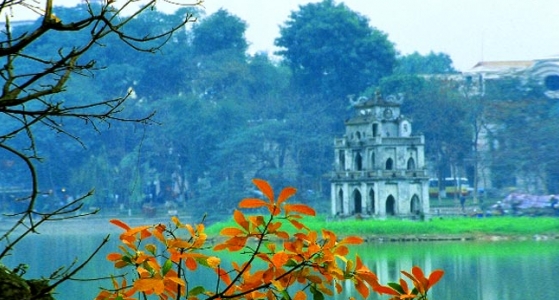
Perched on the banks of the Red River, Hanoi is Vietnam's capital and one of the world's most ancient cities. Its beauty lies in its liveliness of bustling streets where workshops and cafes spill out...
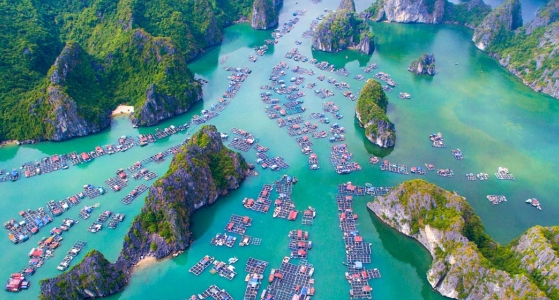
Halong Bay, listed as a UNESCO World Heritage Site in 1994, is located 170km east of Hanoi. It is made up of three neighboring bays: Halong, Lan Ha and Bai Tu Long bays, although Halong Bay is...
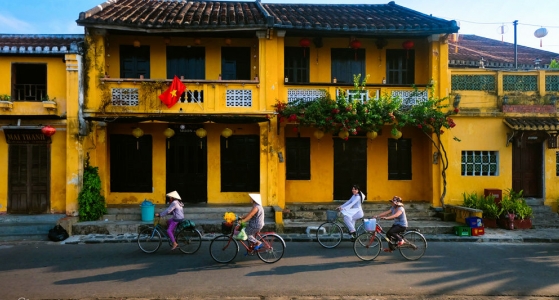
One of the oldest cities in Asia, Hoi An town is in central Vietnam and was declared a UNESCO World Heritage Site in 1999 thanks to its 800 historic buildings. Today, its iconic yellow ochre facades,...
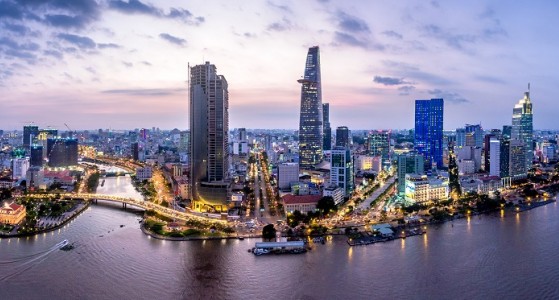
Commonly known as Saigon, Ho Chi Minh City in southern Vietnam is the country’s largest city and the financial and economical capital. This is a city full of surprises. Chaotic traffic blends with...
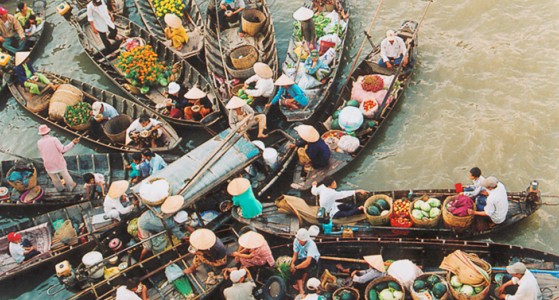
The Mekong Delta, located in the southernmost territory bordered by Cambodia, is the most fertile land in Vietnam. This is a region of unrelenting beauty - nicknamed the 'rice bowl' of Vietnam, where...
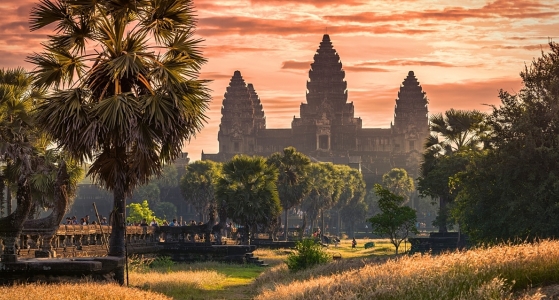
Siem Reap is the gateway to Cambodia’s vast and spectacular temples of Angkor undoubtedly one of the world's greatest archaeological sites. Constructed between the 9th and 15th centuries, these...
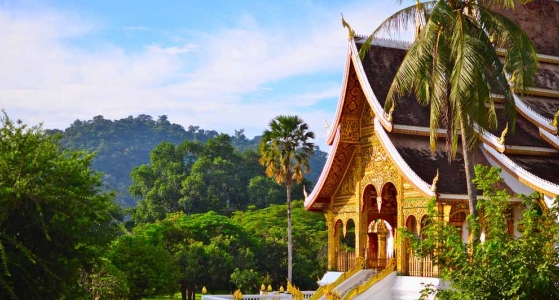
Luang Prabang is a small but vibrant town in the heart of northern Laos. It is adorably picturesque with glittering temples, a mix of traditional Lao wooden houses and hints of European architecture,...
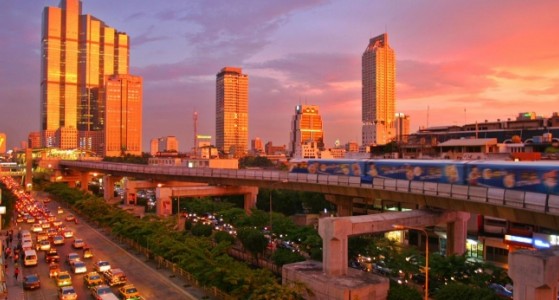
Buzzing, humid and energetic, Bangkok is the city where magnificent temples, historic markets, skyscrapers and rooftop bars create an intoxicating vibe that's hard to resist. The city is a...
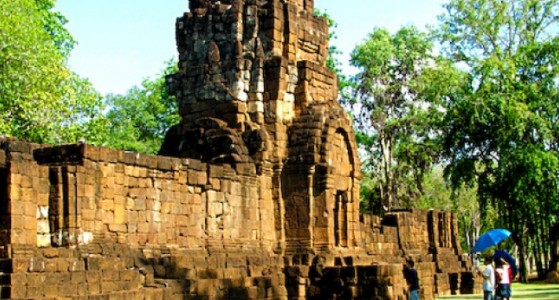
Kanchanaburi, located about 150 kilometers away from Bangkok, is a popular escape for those hoping to lose the crowd. This lush province and its pleasant capital is rich in rivers, waterfalls and...
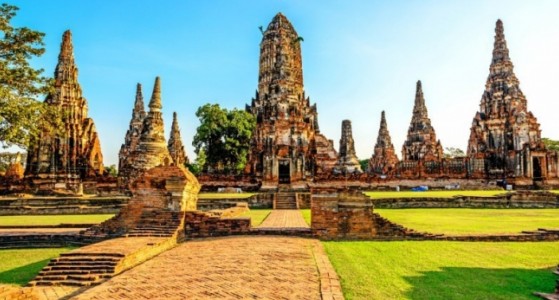
Ayutthaya, short for Phra Nakhon Si Ayutthaya, was once the capital of the ancient kingdom of Siam. It not only plays an important role in Thai's history but was also made a UNESCO World Heritage...
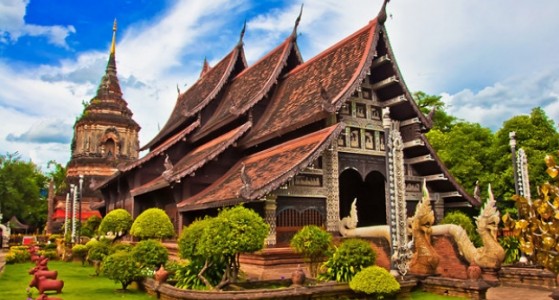
Fame as 'the rose of the North', Chiang Mai is an alluring city brimming with glittering temples, lush jungle, delicious streetfood and the bustle of lively markets. As the gateway to the mountains...
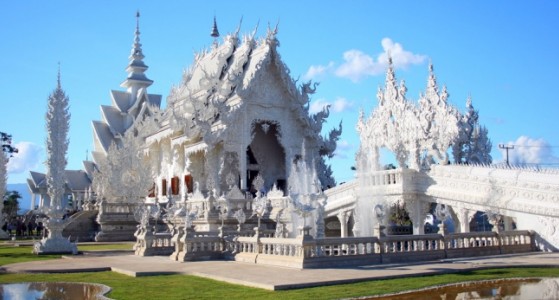
Chiang Rai is a mountainous region in northern Thailand, bordering Laos and Myanmar. It is also a part of the Golden Triangle where Thailand, Laos, and Myanmar meet at the Mekong River and serves as...
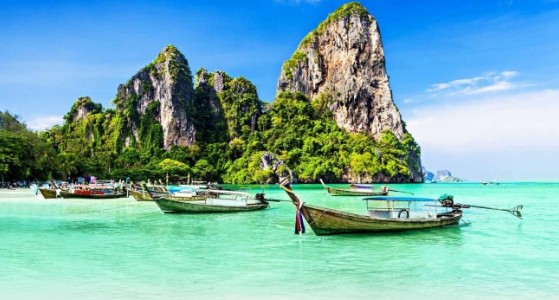
As the largest island in all of Thailand, Phuket has everything to offer within its coastline. From gorgeous beaches, delicious food, amazing natural parks, to access to some of the Andaman Sea’s...
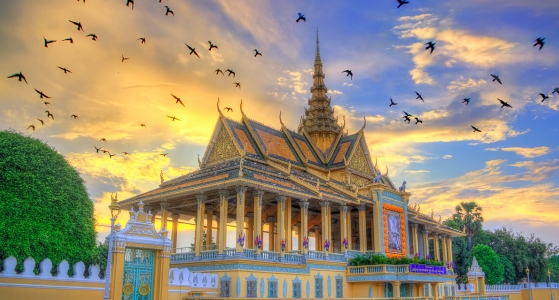
Phnom Penh is the most populous city in Cambodia and supposed to the most beautiful French built city in Asia. Abandoned during the Khmer Rouge period and with very little development until the 21st...
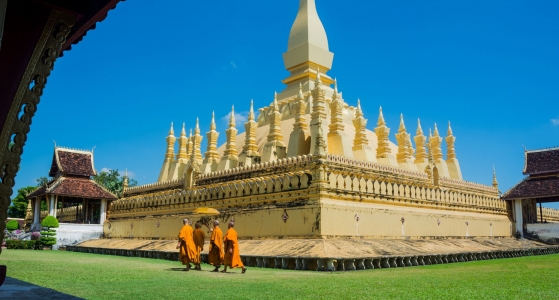
Vientiane is one of the most laid-back capital cities in Southeast Asia. Unlike the bustling streets and concrete jungles of other capital cities like Bangkok and Hanoi, Vientiane feels more like a...
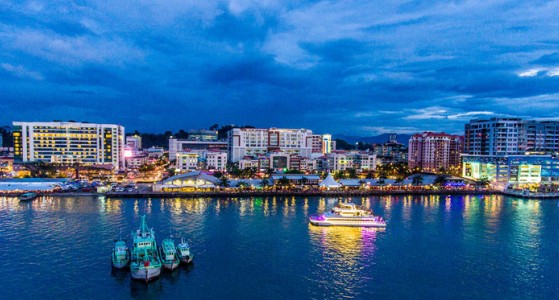
Kota Kinabalu is a small city located in Malaysian part of Borneo. Its coastal location and mountain backdrop give it one of the most spectacular settings of any city in the country. As a growing...
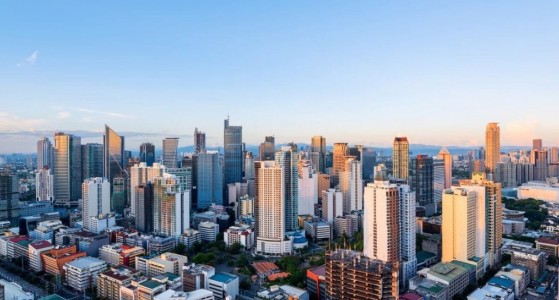
Manila is the Philippines' bustling capital city located on the island of Luzon. It is the starting point for all visitors before jumping off to other areas of the country by air or by boat. As a...
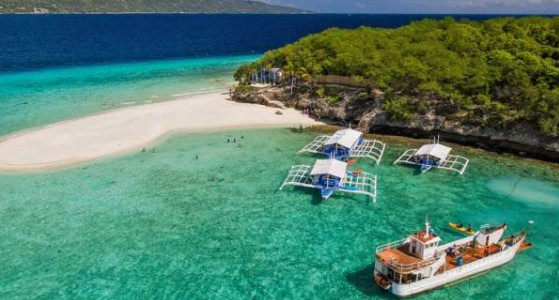
Cebu is a tropical urban center located in the Central Visayas region of the Philippines, which offers a blend of natural beauty, historical richness, and vibrant urban life. As the oldest city in...
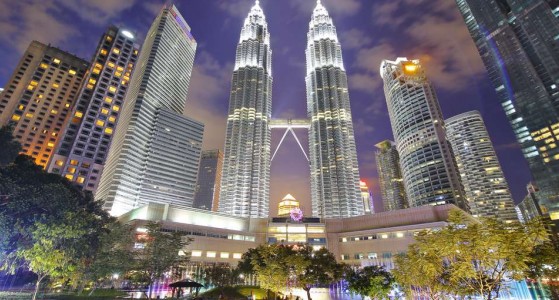
Kuala Lumpur is a diversity cultural melting pot, where jade-topped Chinese gates open out onto palm-lined squares, Indian restaurants serve banana leaf curries in marigold-scented alleyways, and...

Perched on the banks of the Red River, Hanoi is Vietnam's capital and one of the world's most ancient cities. Its beauty lies in its liveliness of bustling streets where workshops and cafes spill out...

Halong Bay, listed as a UNESCO World Heritage Site in 1994, is located 170km east of Hanoi. It is made up of three neighboring bays: Halong, Lan Ha and Bai Tu Long bays, although Halong Bay is...

One of the oldest cities in Asia, Hoi An town is in central Vietnam and was declared a UNESCO World Heritage Site in 1999 thanks to its 800 historic buildings. Today, its iconic yellow ochre facades,...

Commonly known as Saigon, Ho Chi Minh City in southern Vietnam is the country’s largest city and the financial and economical capital. This is a city full of surprises. Chaotic traffic blends with...

The Mekong Delta, located in the southernmost territory bordered by Cambodia, is the most fertile land in Vietnam. This is a region of unrelenting beauty - nicknamed the 'rice bowl' of Vietnam, where...

Siem Reap is the gateway to Cambodia’s vast and spectacular temples of Angkor undoubtedly one of the world's greatest archaeological sites. Constructed between the 9th and 15th centuries, these...

Luang Prabang is a small but vibrant town in the heart of northern Laos. It is adorably picturesque with glittering temples, a mix of traditional Lao wooden houses and hints of European architecture,...

Buzzing, humid and energetic, Bangkok is the city where magnificent temples, historic markets, skyscrapers and rooftop bars create an intoxicating vibe that's hard to resist. The city is a...

Kanchanaburi, located about 150 kilometers away from Bangkok, is a popular escape for those hoping to lose the crowd. This lush province and its pleasant capital is rich in rivers, waterfalls and...

Ayutthaya, short for Phra Nakhon Si Ayutthaya, was once the capital of the ancient kingdom of Siam. It not only plays an important role in Thai's history but was also made a UNESCO World Heritage...

Fame as 'the rose of the North', Chiang Mai is an alluring city brimming with glittering temples, lush jungle, delicious streetfood and the bustle of lively markets. As the gateway to the mountains...

Chiang Rai is a mountainous region in northern Thailand, bordering Laos and Myanmar. It is also a part of the Golden Triangle where Thailand, Laos, and Myanmar meet at the Mekong River and serves as...

As the largest island in all of Thailand, Phuket has everything to offer within its coastline. From gorgeous beaches, delicious food, amazing natural parks, to access to some of the Andaman Sea’s...

Phnom Penh is the most populous city in Cambodia and supposed to the most beautiful French built city in Asia. Abandoned during the Khmer Rouge period and with very little development until the 21st...

Vientiane is one of the most laid-back capital cities in Southeast Asia. Unlike the bustling streets and concrete jungles of other capital cities like Bangkok and Hanoi, Vientiane feels more like a...

Kota Kinabalu is a small city located in Malaysian part of Borneo. Its coastal location and mountain backdrop give it one of the most spectacular settings of any city in the country. As a growing...

Manila is the Philippines' bustling capital city located on the island of Luzon. It is the starting point for all visitors before jumping off to other areas of the country by air or by boat. As a...

Cebu is a tropical urban center located in the Central Visayas region of the Philippines, which offers a blend of natural beauty, historical richness, and vibrant urban life. As the oldest city in...

Kuala Lumpur is a diversity cultural melting pot, where jade-topped Chinese gates open out onto palm-lined squares, Indian restaurants serve banana leaf curries in marigold-scented alleyways, and...
View more
Best Southeast Asia Tours & Travel Guide
Best Destinations to Travel in February in Southeast Asia
With dry weather, lower humidity, and colorful festivals, February offers near-perfect conditions across many destinations in Southeast Asia. Below are the top places to visit in February that help...
What to Know Before Traveling to Southeast Asia for Lunar New Year 2026
Lunar New Year, often called Chinese New Year or Tết in Vietnam, is one of the most meaningful, colorful, and emotionally rich celebrations in Southeast Asia. If you’re planning to travel during...
A First-Timer’s Guide to Traveling Southeast Asia in 2026
If you’re thinking about exploring Southeast Asia for the first time - congrats, you’re in for a treat. The region combines lush nature, rich history, vibrant cultures, tasty food, and affordable...
Best Destinations to Travel in February in Southeast Asia
With dry weather, lower humidity, and colorful festivals, February offers near-perfect conditions across many destinations in Southeast Asia. Below are the top places to visit in February that help...
What to Know Before Traveling to Southeast Asia for Lunar New Year 2026
Lunar New Year, often called Chinese New Year or Tết in Vietnam, is one of the most meaningful, colorful, and emotionally rich celebrations in Southeast Asia. If you’re planning to travel during...
A First-Timer’s Guide to Traveling Southeast Asia in 2026
If you’re thinking about exploring Southeast Asia for the first time - congrats, you’re in for a treat. The region combines lush nature, rich history, vibrant cultures, tasty food, and affordable...

Customize Best Southeast Asia Tours


Adventure Travel Trade Association -ATTA#852025


American Society of Travel Agents - ASTA#900385282
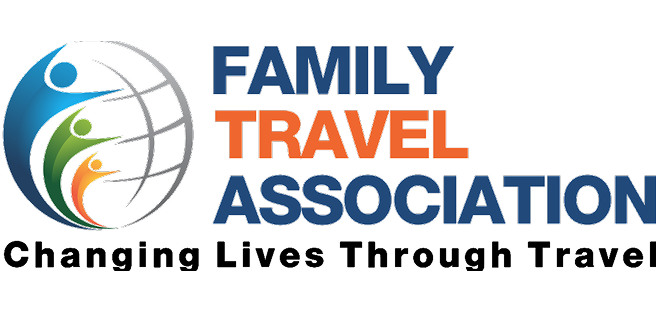
Family Travel Association - FTA#4092797


Tripadvisor Travelers Choice Awards


As seen in The Guardian

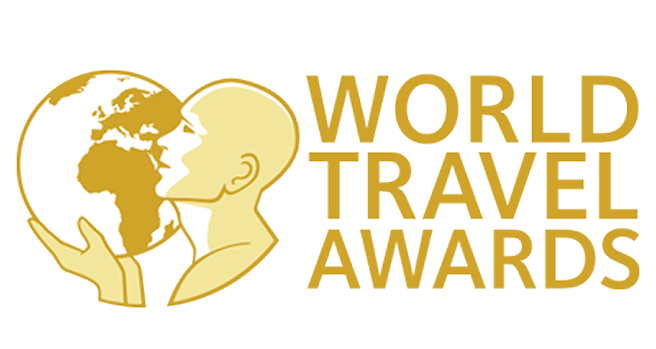
World Travel Awards Winners 2025
ABOUT US
Why Us What the clients say about us Trusted Travel Company What Makes Us Different Meet Our Team Southeast Asia Travel Guide Southeast Asia Tour Highlights Pre-departures Deposit & Payment Cancellation Policy Terms and Conditions Contact UsOur Destinations
Vietnam Tours Cambodia Tours Thailand Tours Indonesia Tours Malaysia Tours Philippines Tours Laos Tours Singapore Tours Myanmar ToursMulti-country
Vietnam Cambodia Tours Vietnam Cambodia Laos Tours Vietnam Thailand Tours Vietnam Cambodia Thailand Tours Thailand Malaysia Tours Thailand Malaysia Indonesia Tours Indonesia Thailand Tours Indonesia Malaysia Vietnam Tours Southeast Asia Tours 26 - 30 Days Southeast Asia Tours 18 - 26 Days Southeast Asia Tours 12 - 18 DaysTravel Themes
Best Southeast Asia Tours Southeast Asia Heritage & Culture Tours Southeast Asia Nature & Wildlife Tours Southeast Asia Family Tours Southeast Asia Honeymoon Tours Southeast Asia Adventure & Outdoor Tours Southeast Asia Beach & Island Tours Southeast Asia Cruise Tours Southeast Asia Tours 8 - 12 Days Southeast Asia Tours < 8 DaysSOUTHEAST ASIA TRAVEL COMPANY LIMITED
Southeast Asia Travel is an award-winning travel company specializing in bespoke, private and luxury tour packages across Vietnam, Laos, Cambodia, Thailand, Singapore, Malaysia, Indonesia, Myanmar, the Philippines and beyond. With over 15 years of industry expertise, we have guided more than 30,000 travelers on unforgettable journeys through the heart of Southeast Asia. Every Southeast Asia Tour we create is fully customized to reflect your interests, whether you seek hidden gems, iconic landmarks or personalized experiences.
Read more